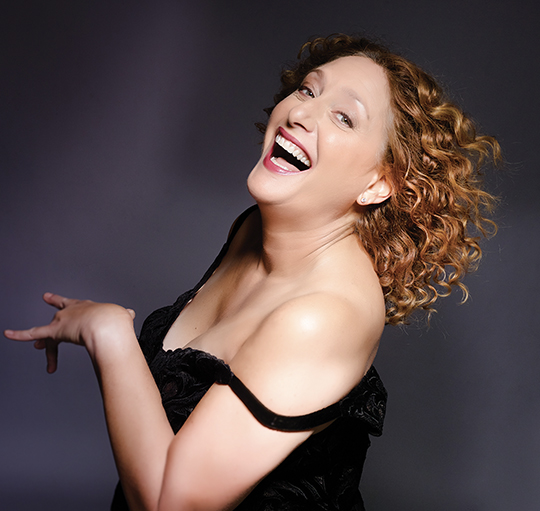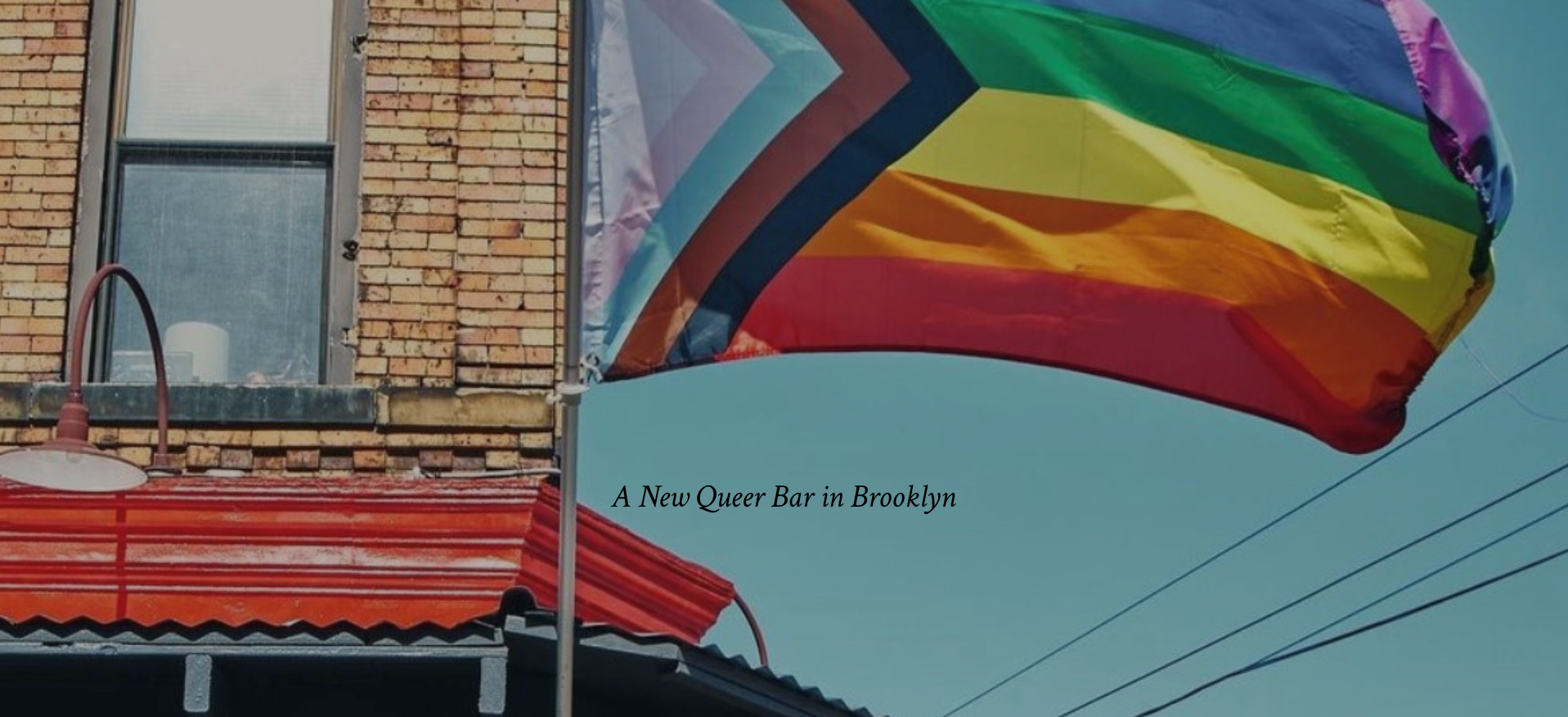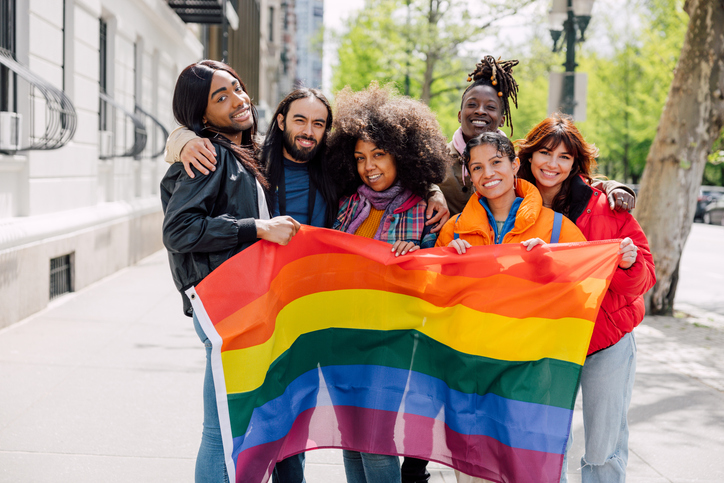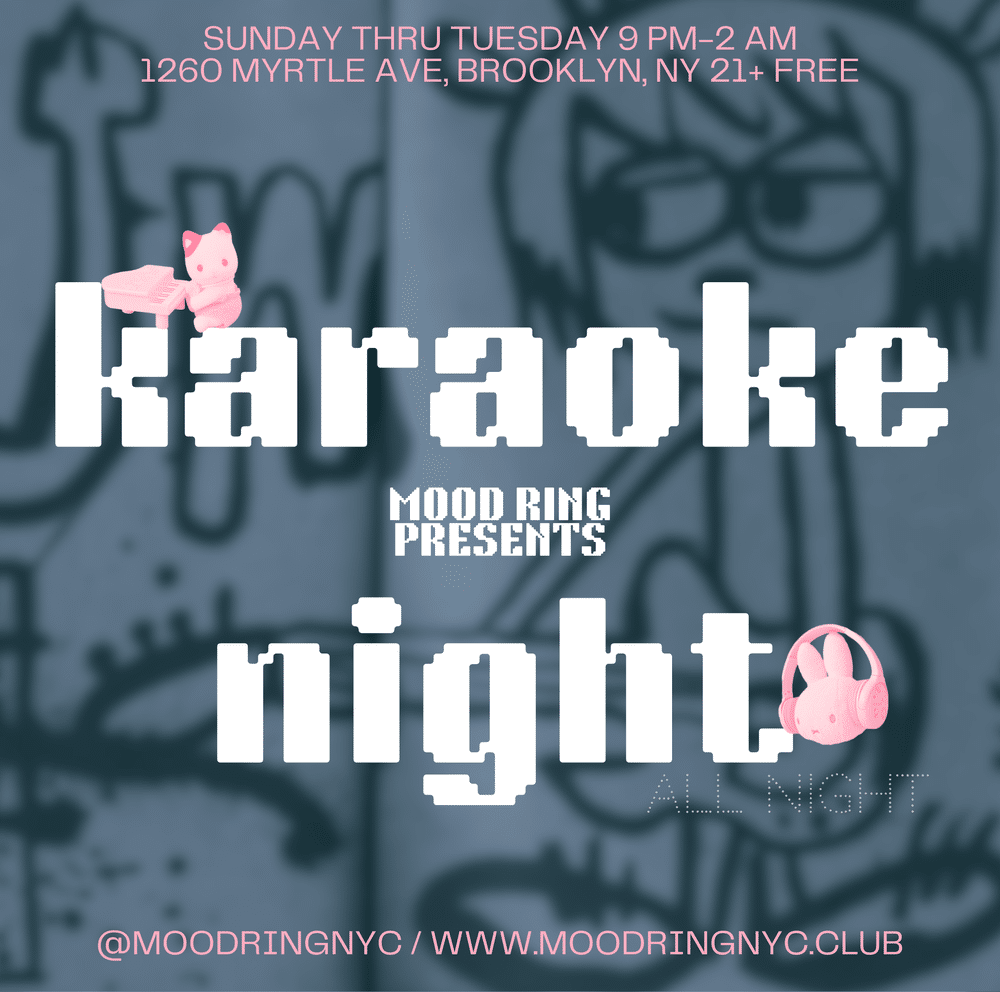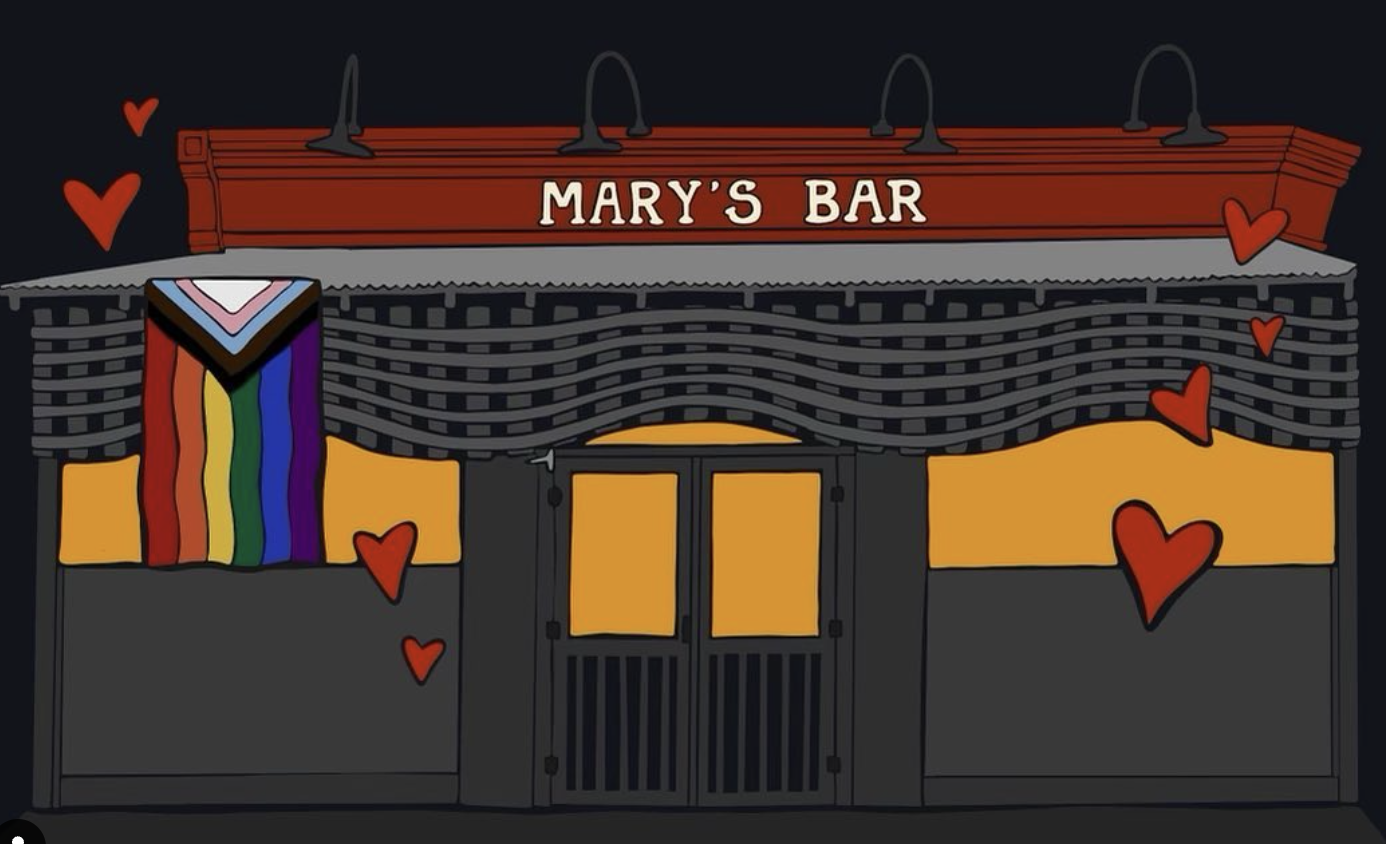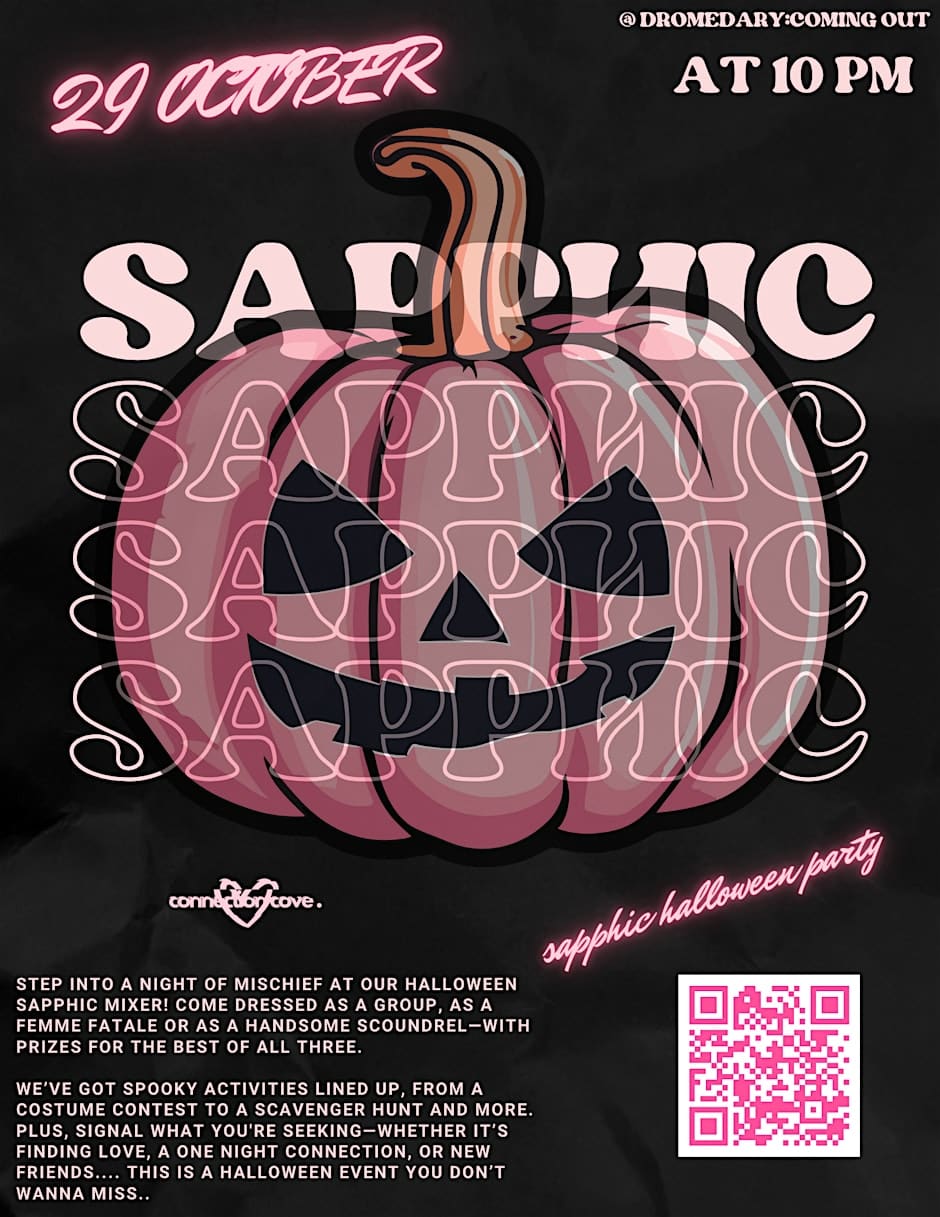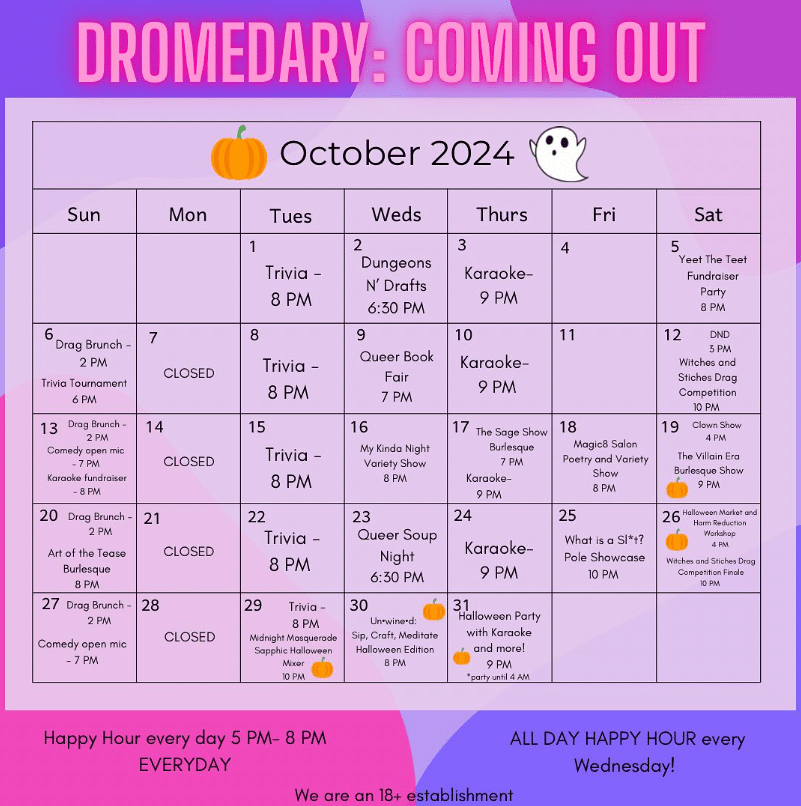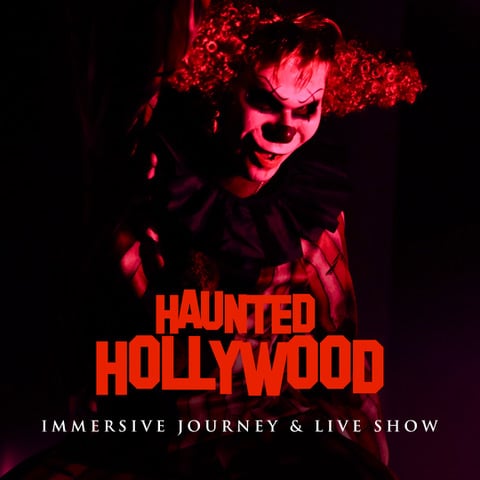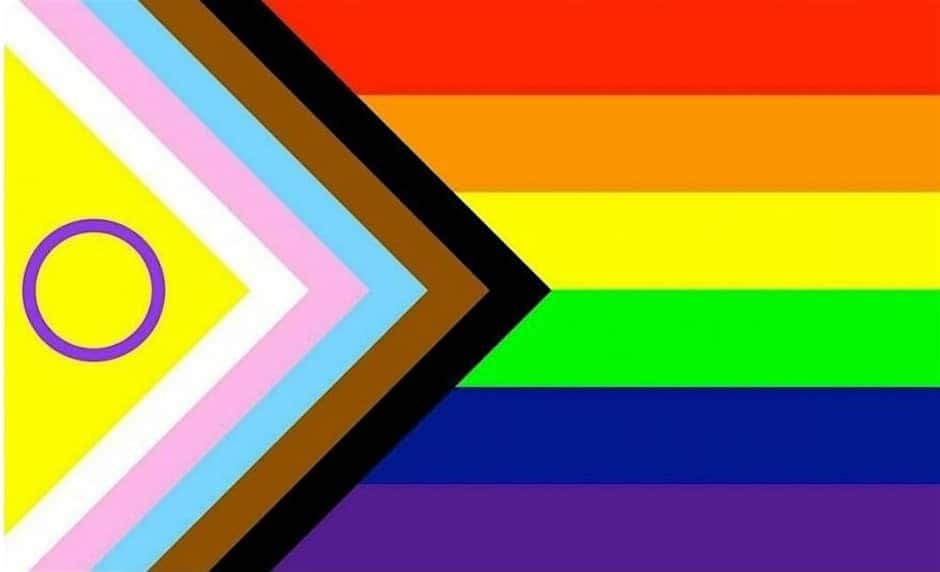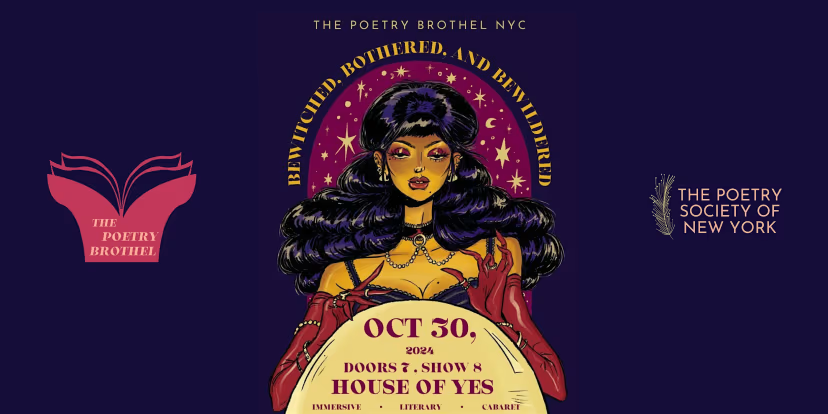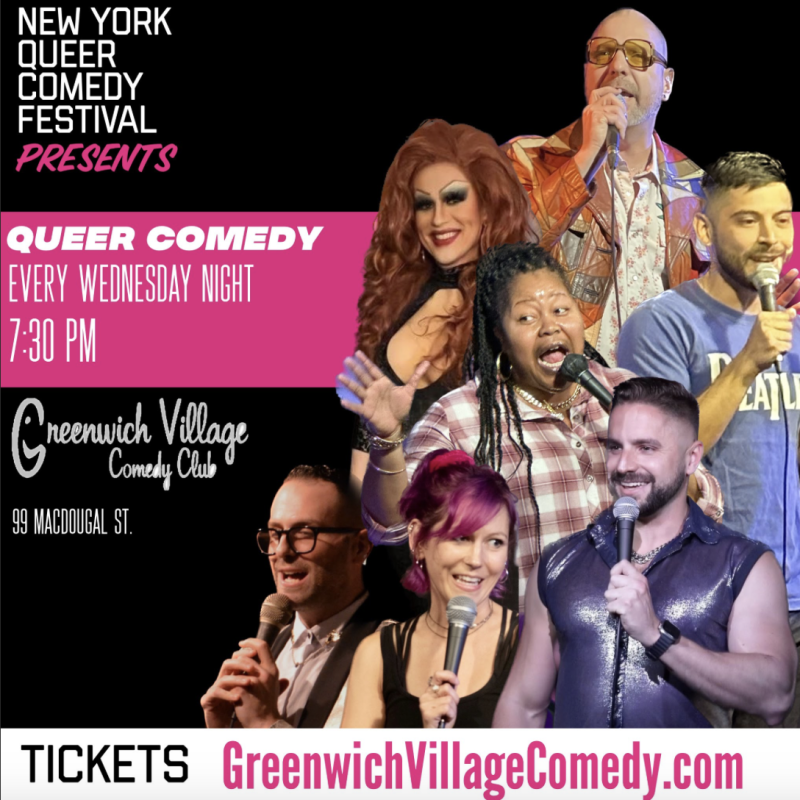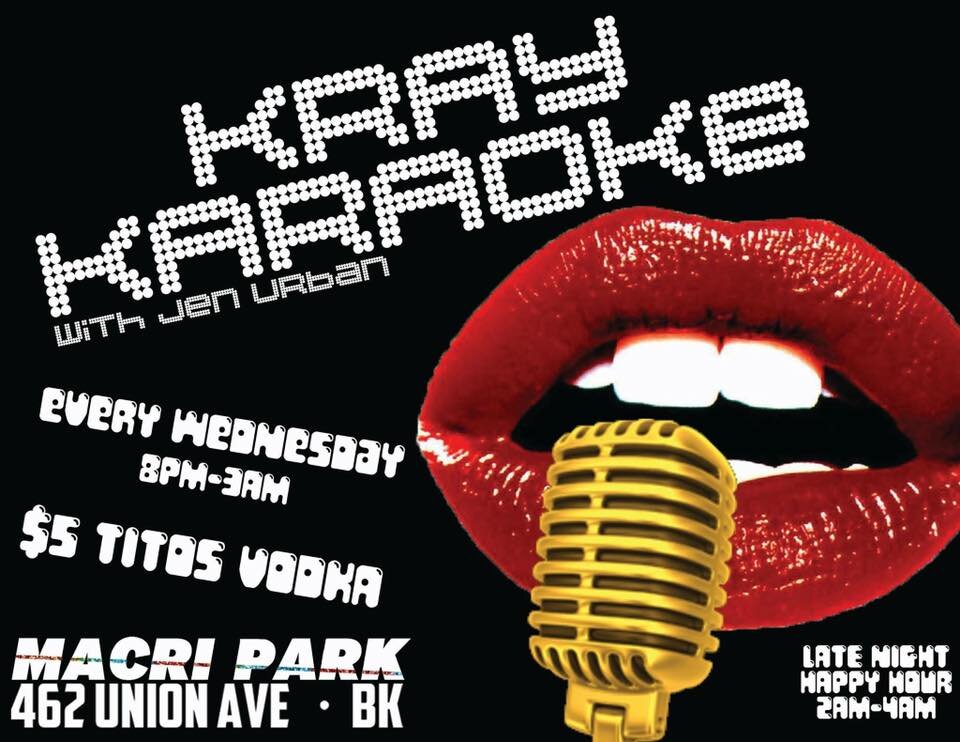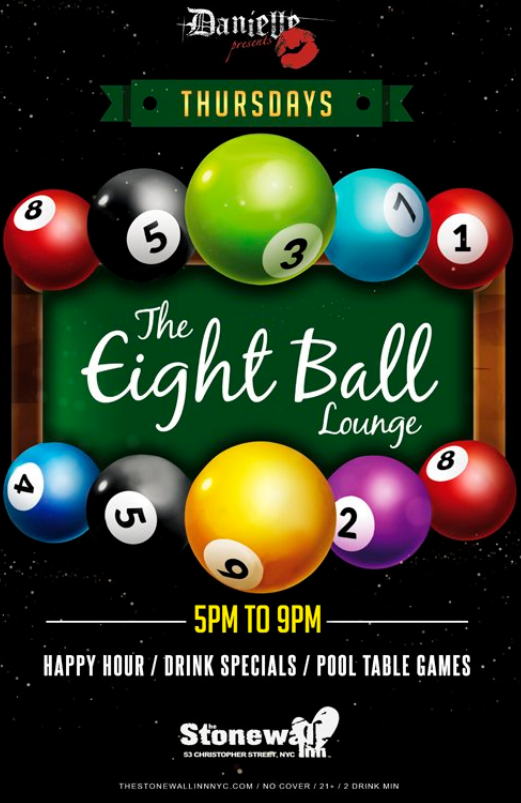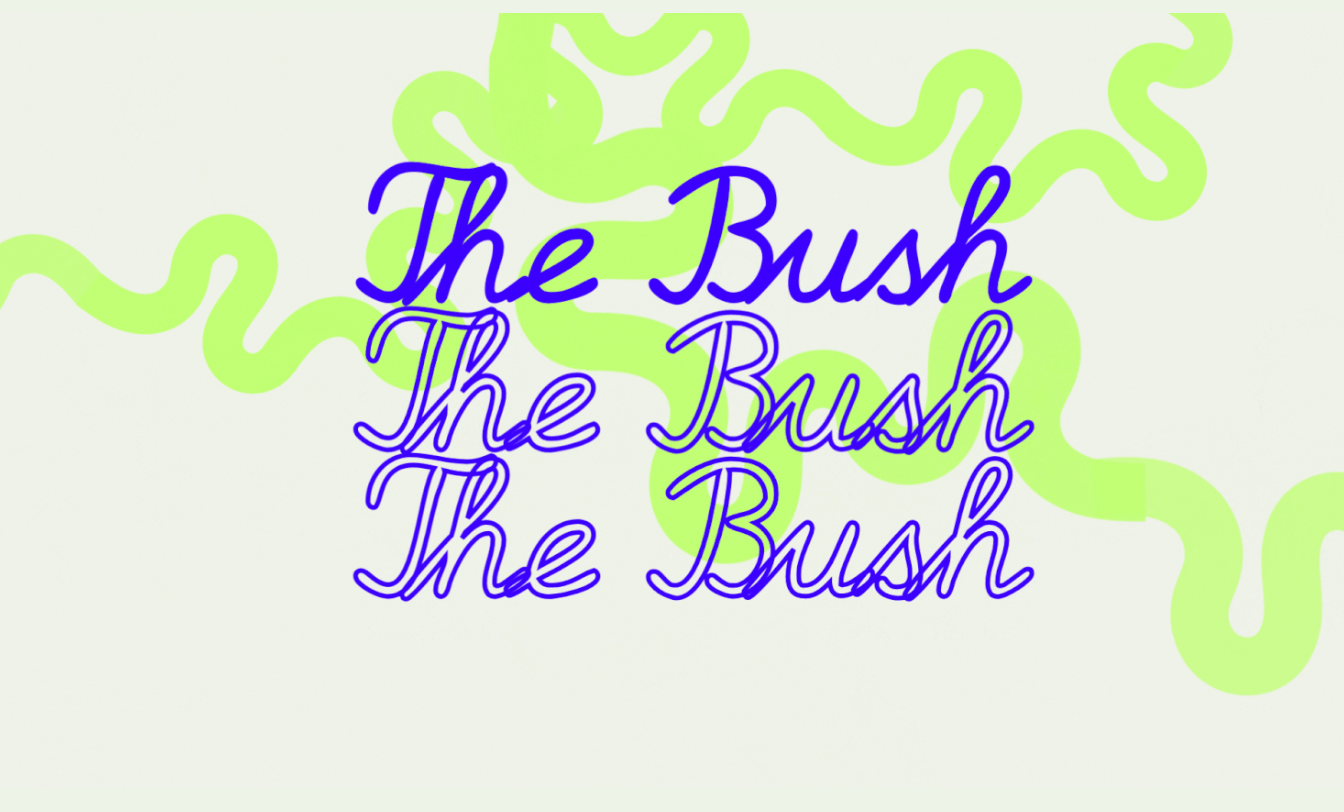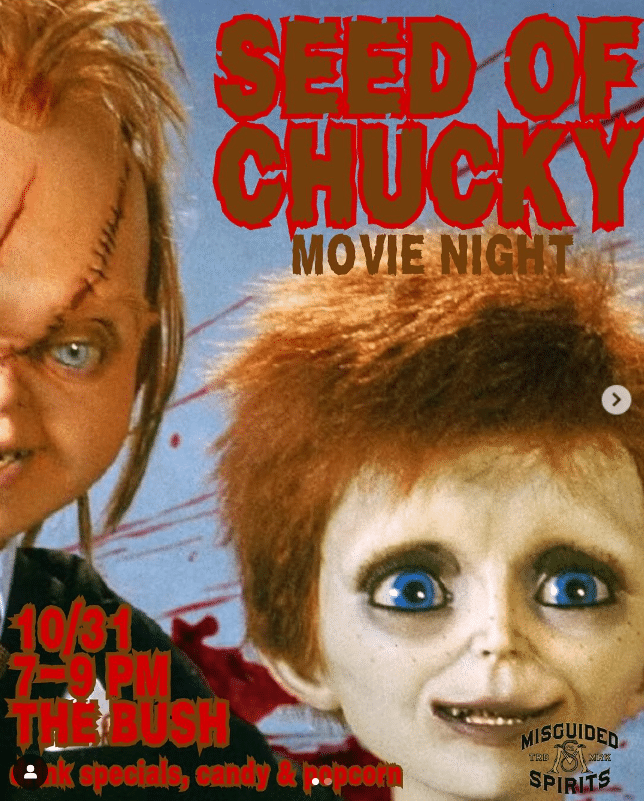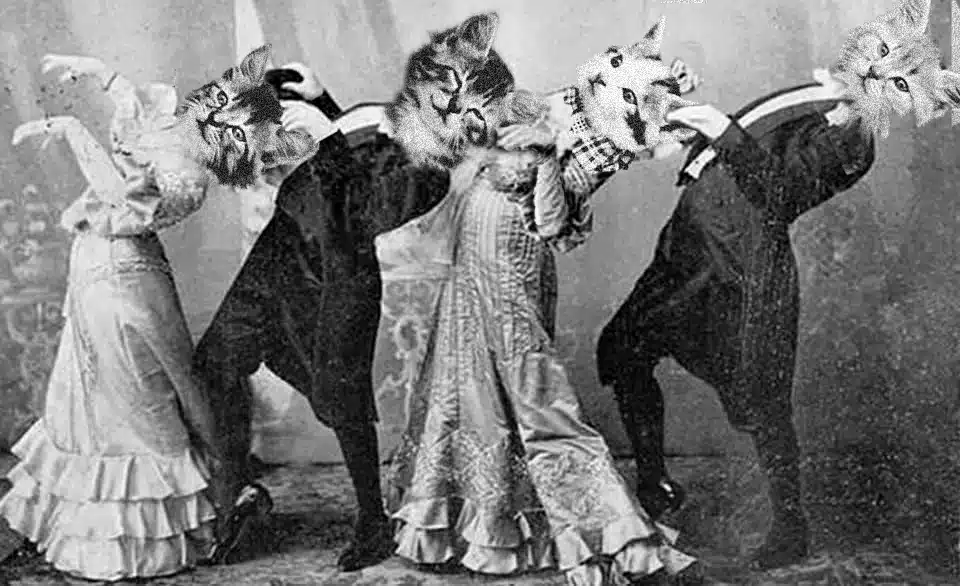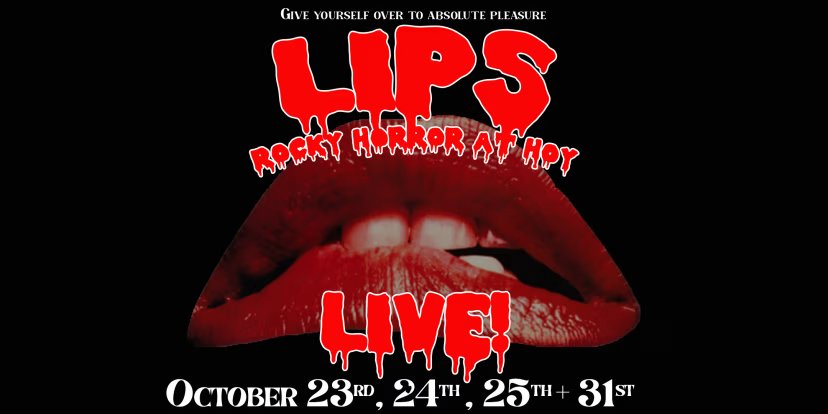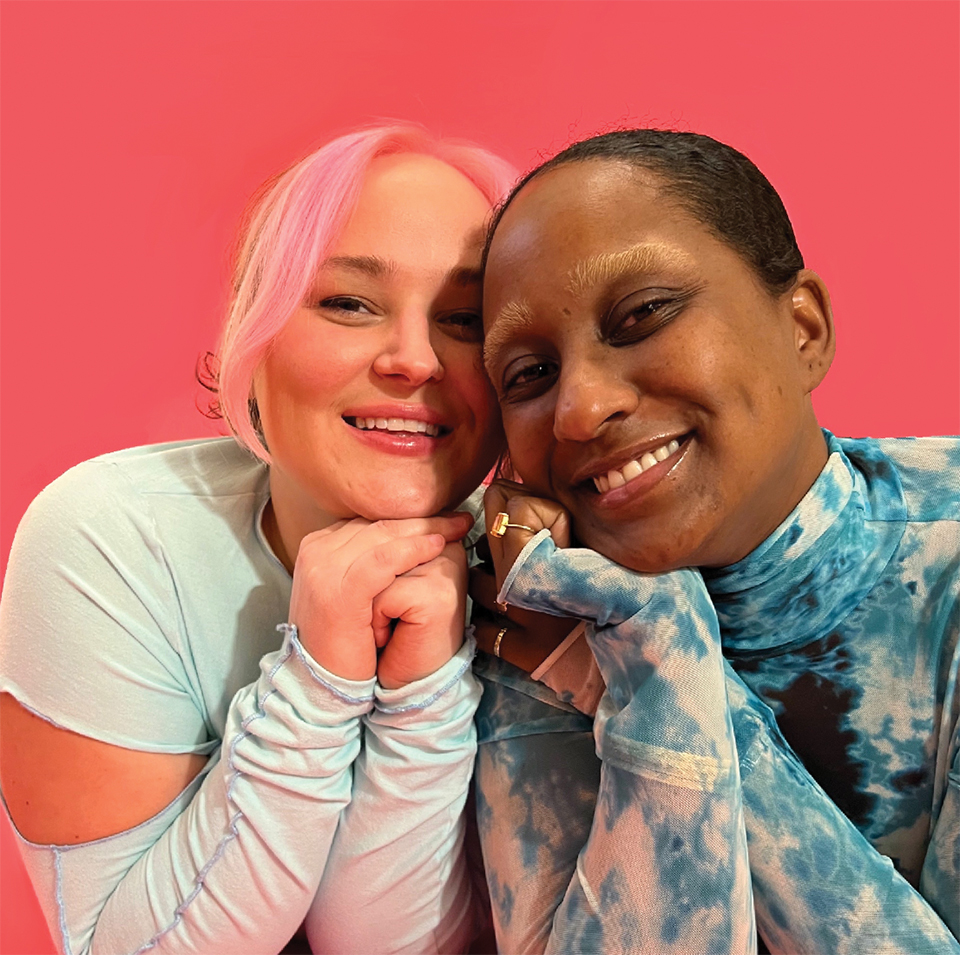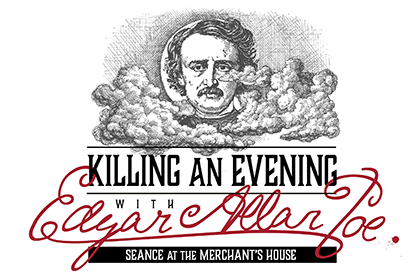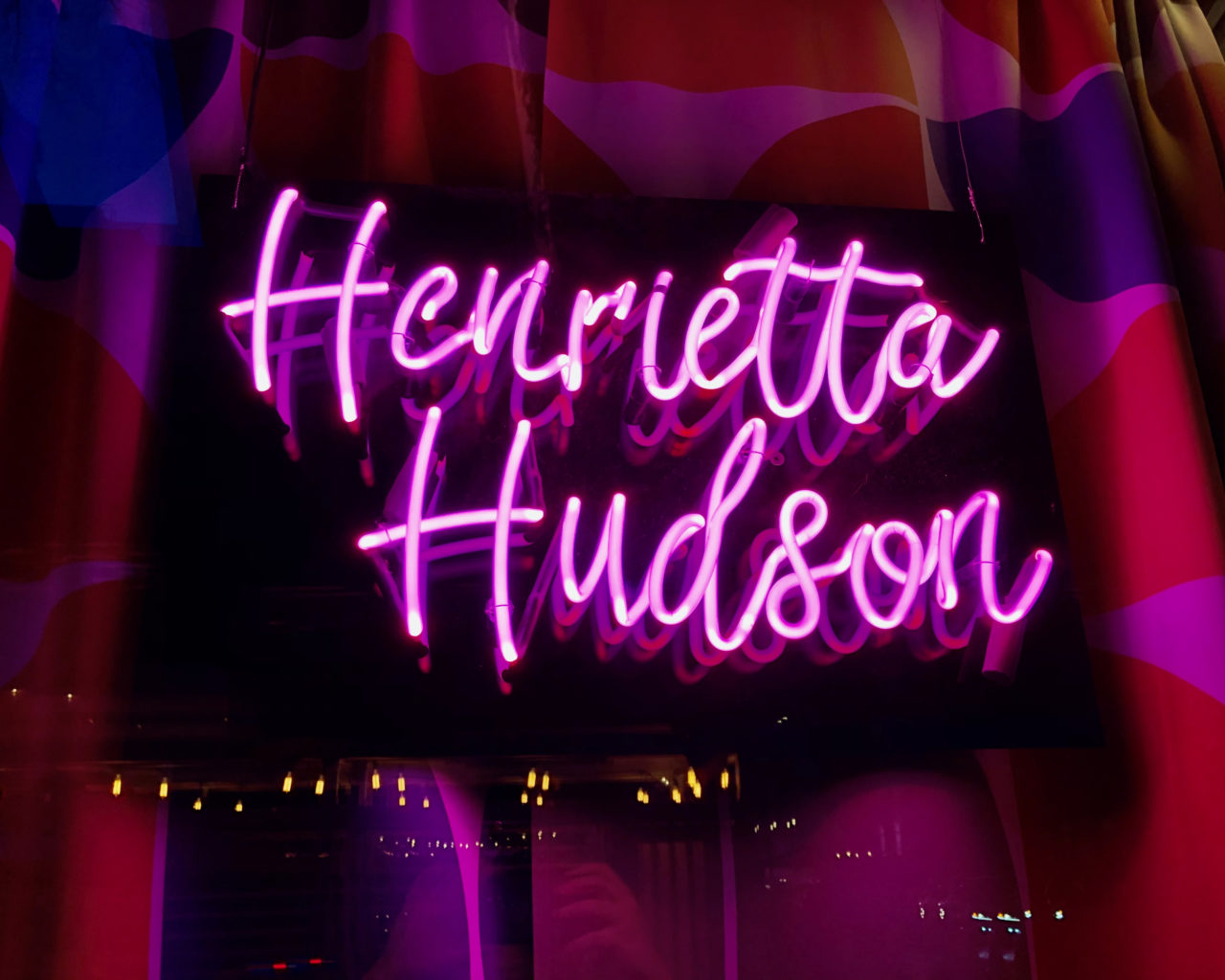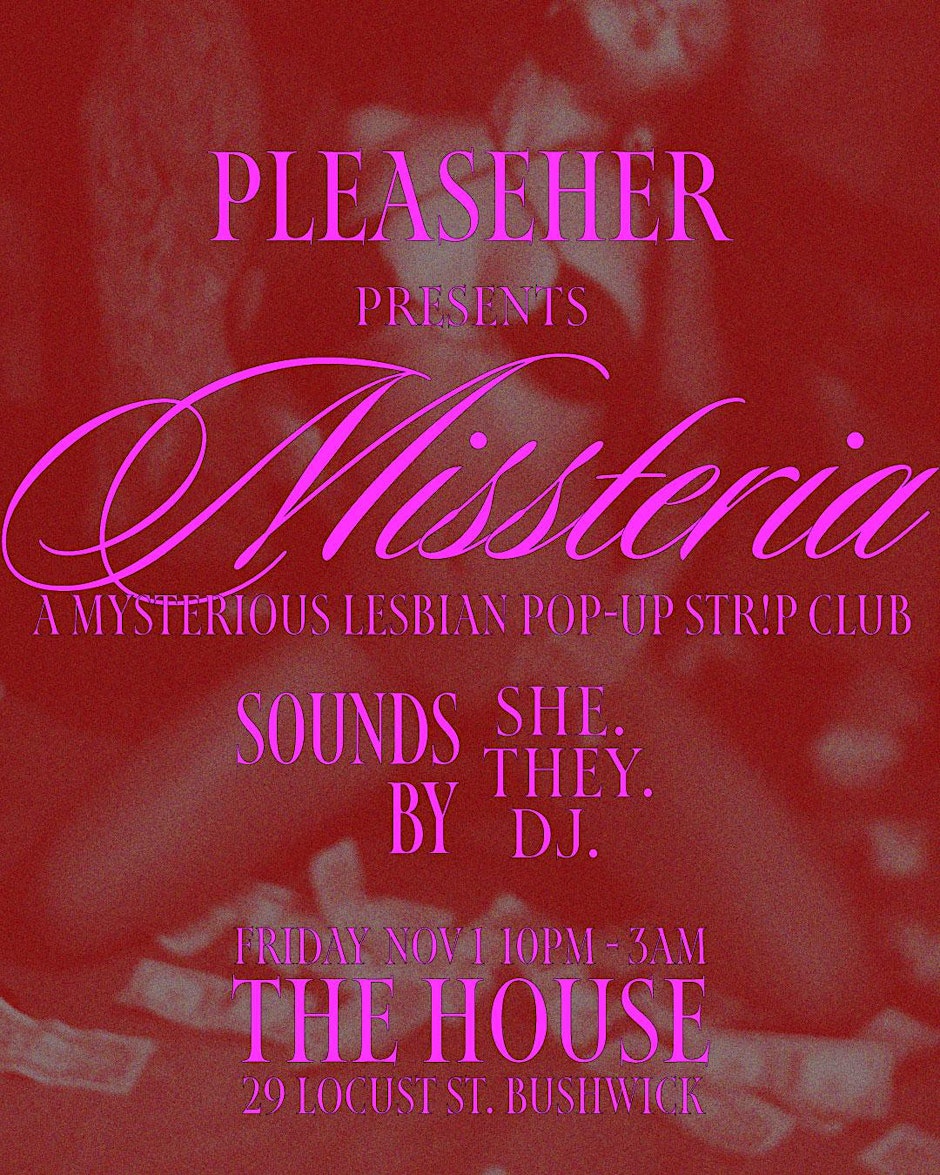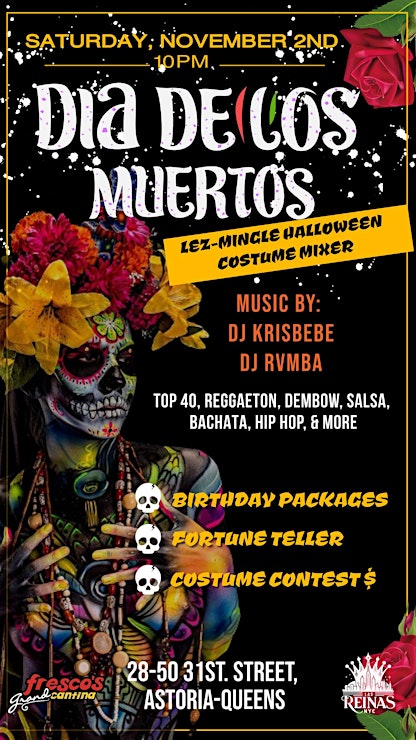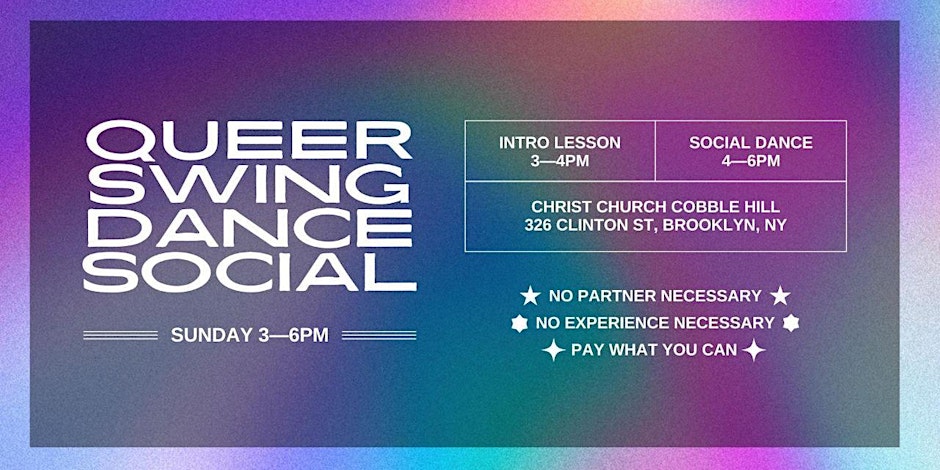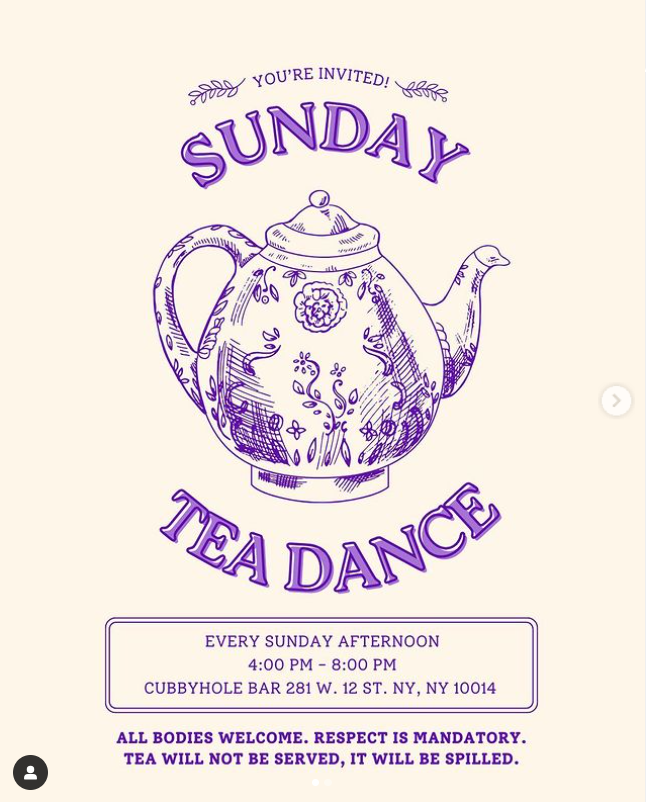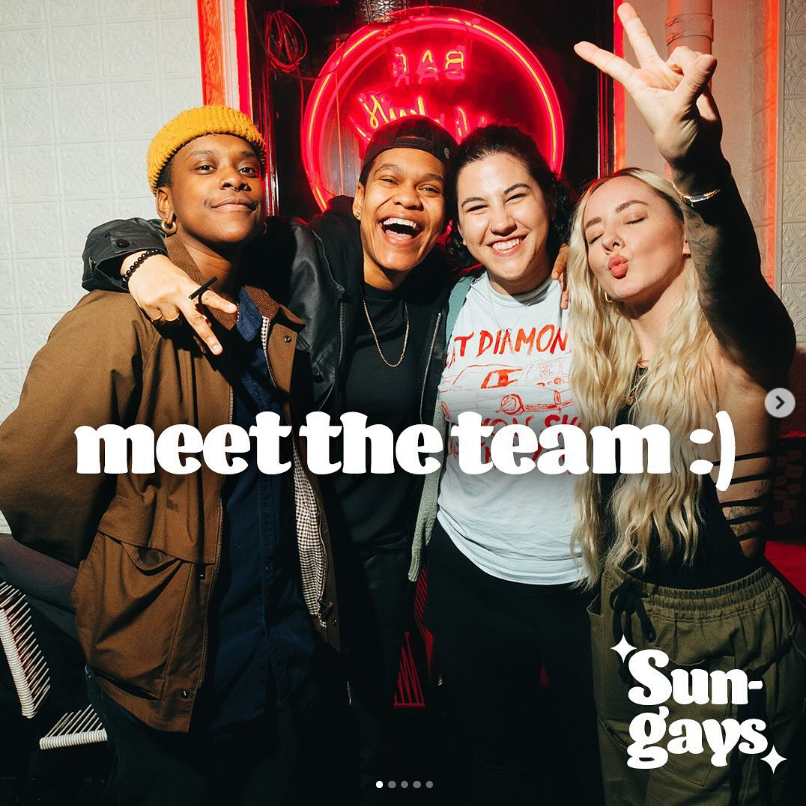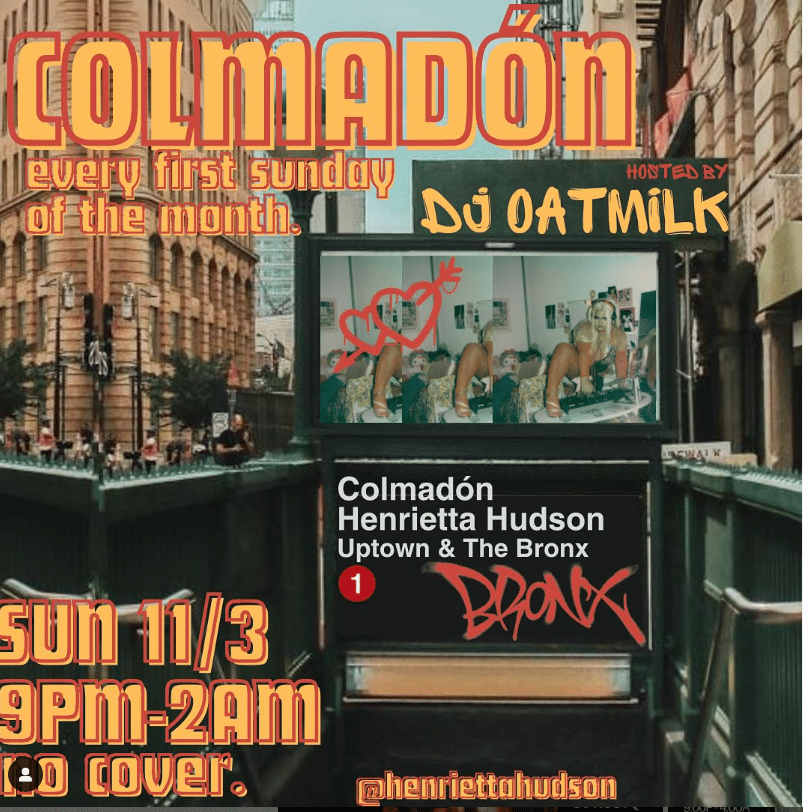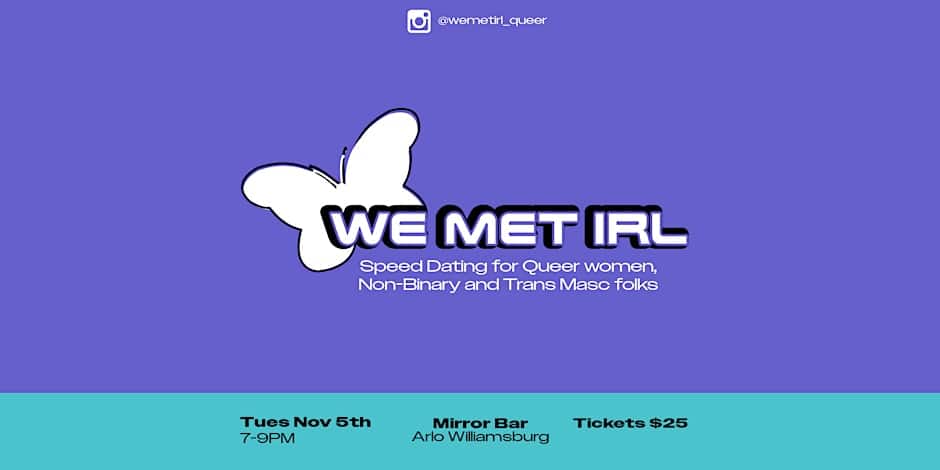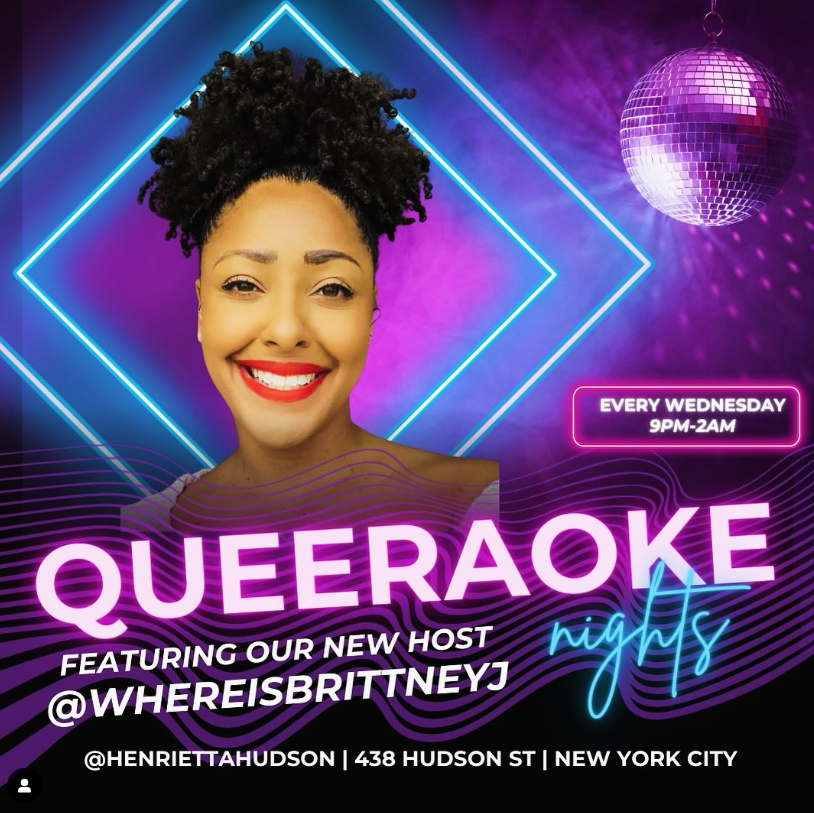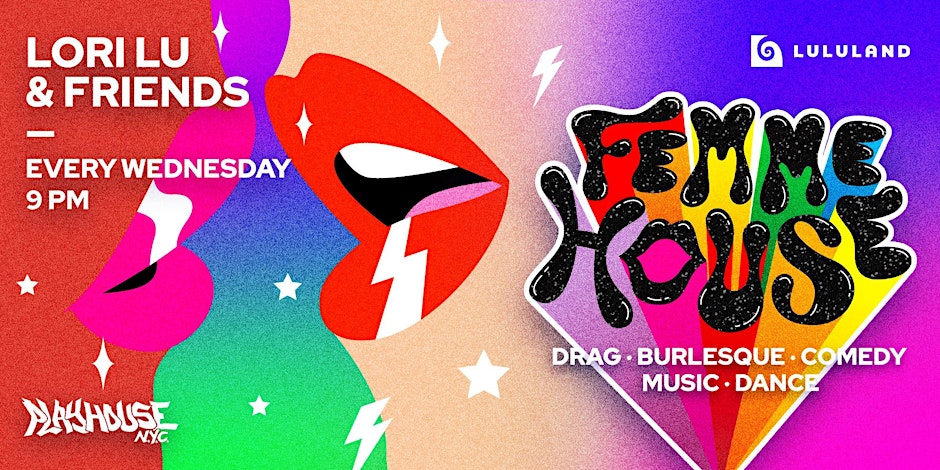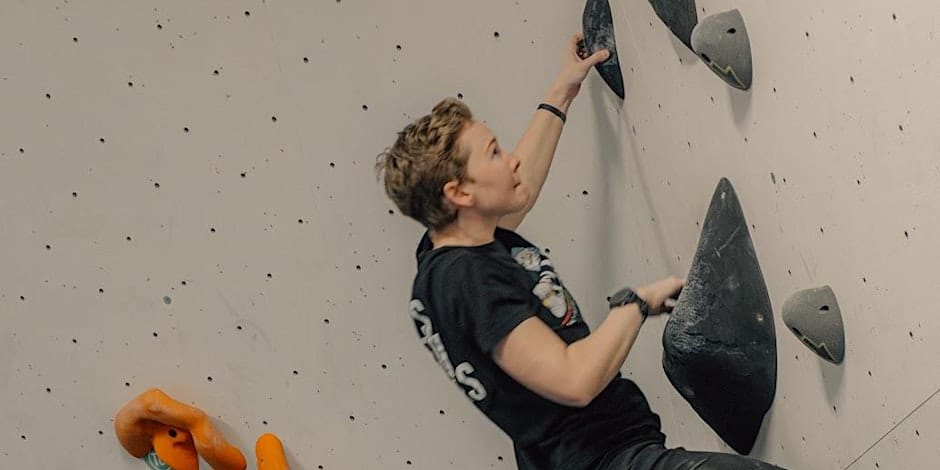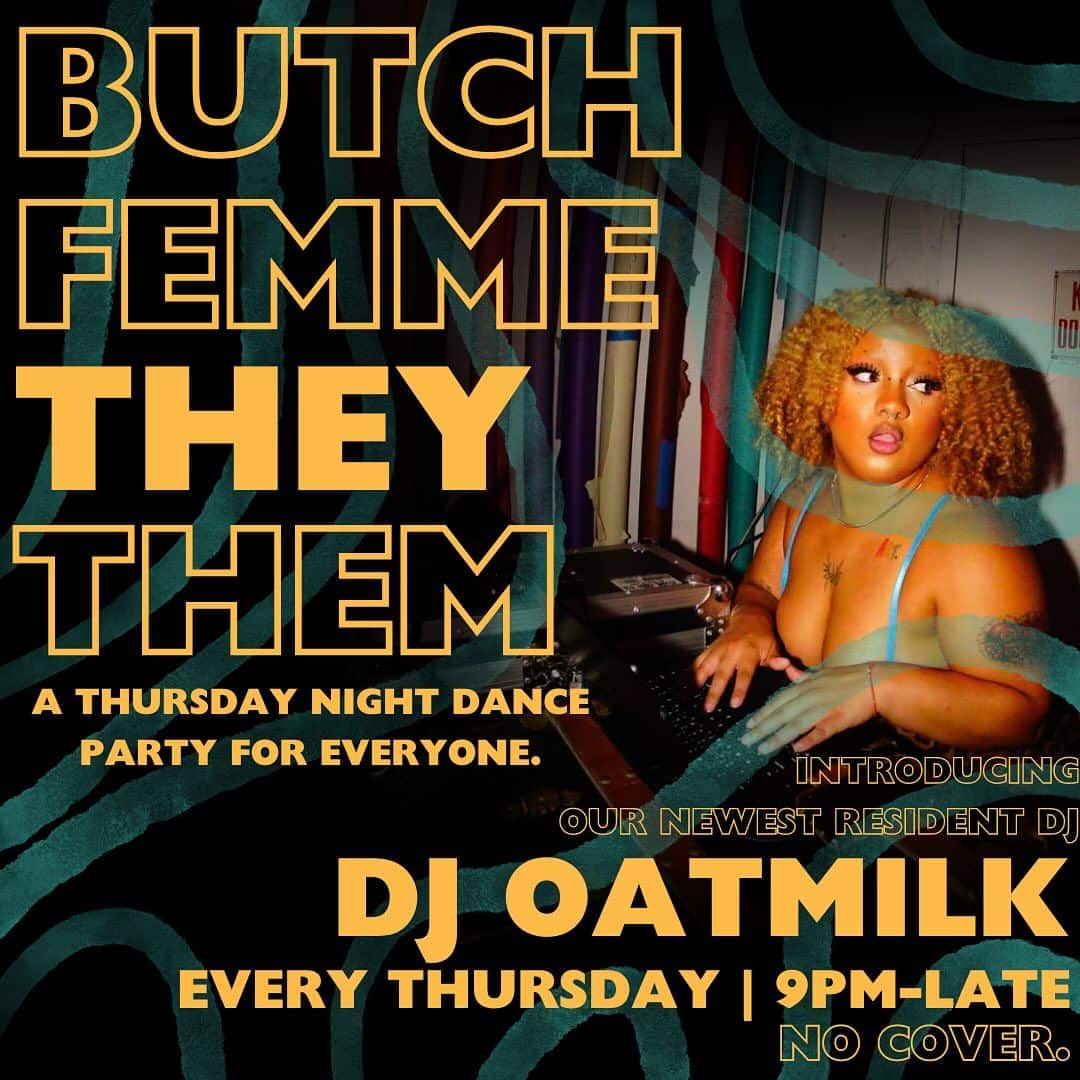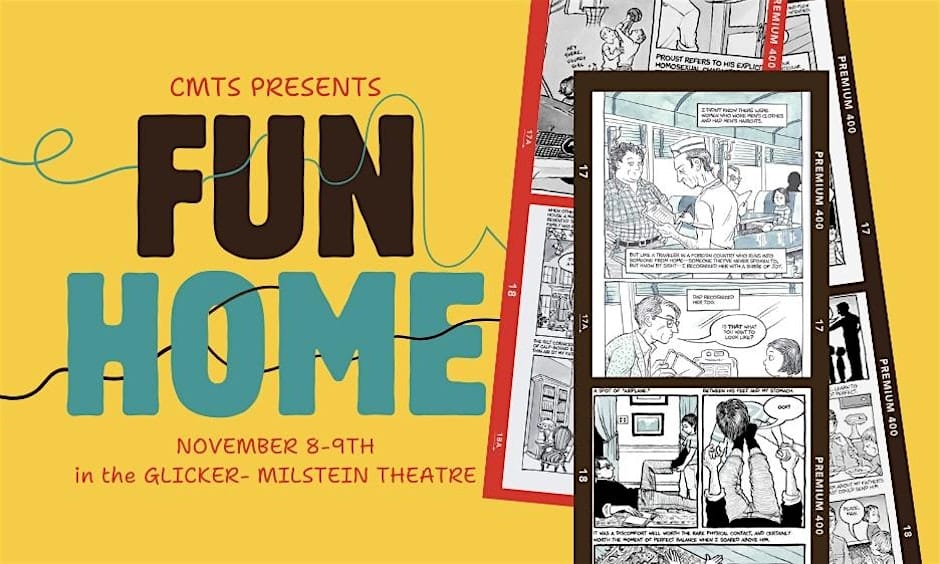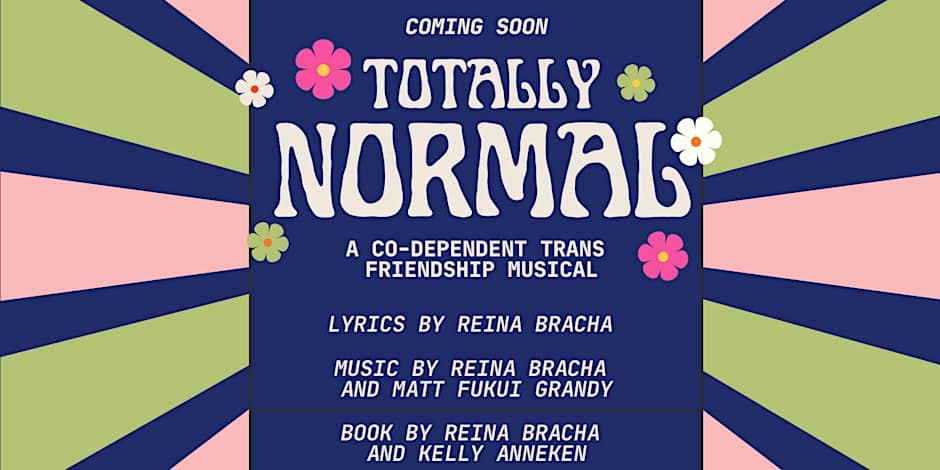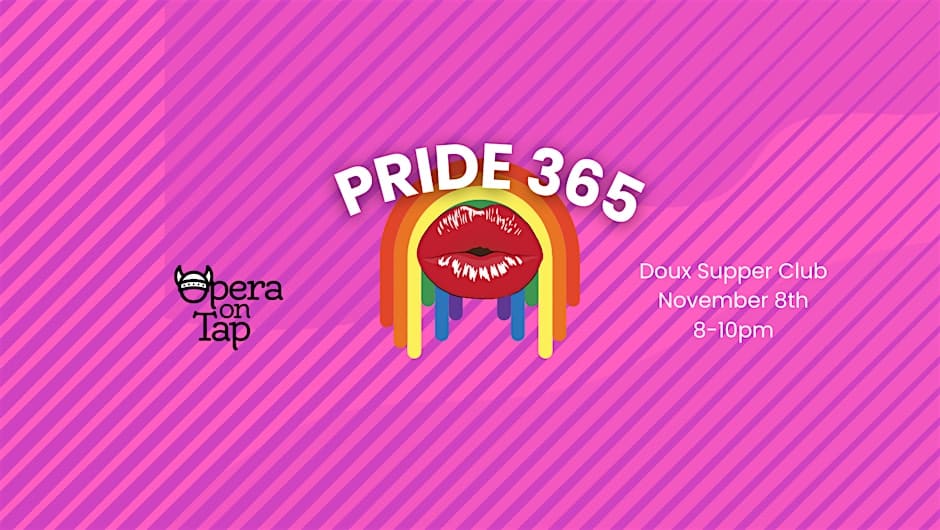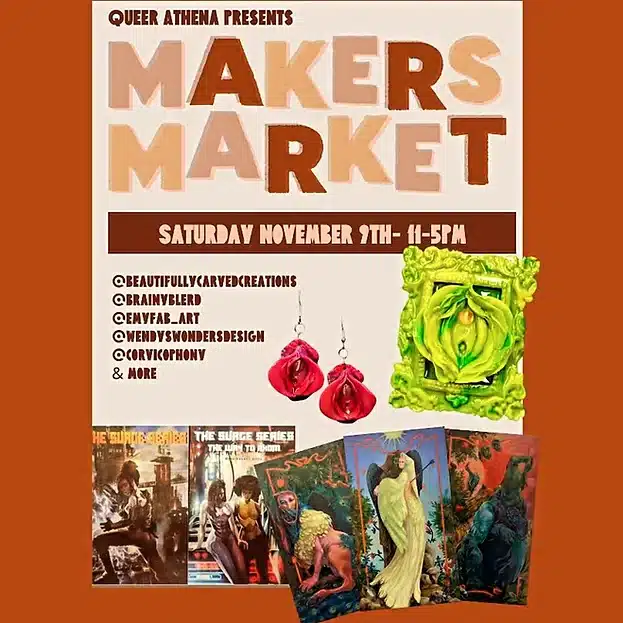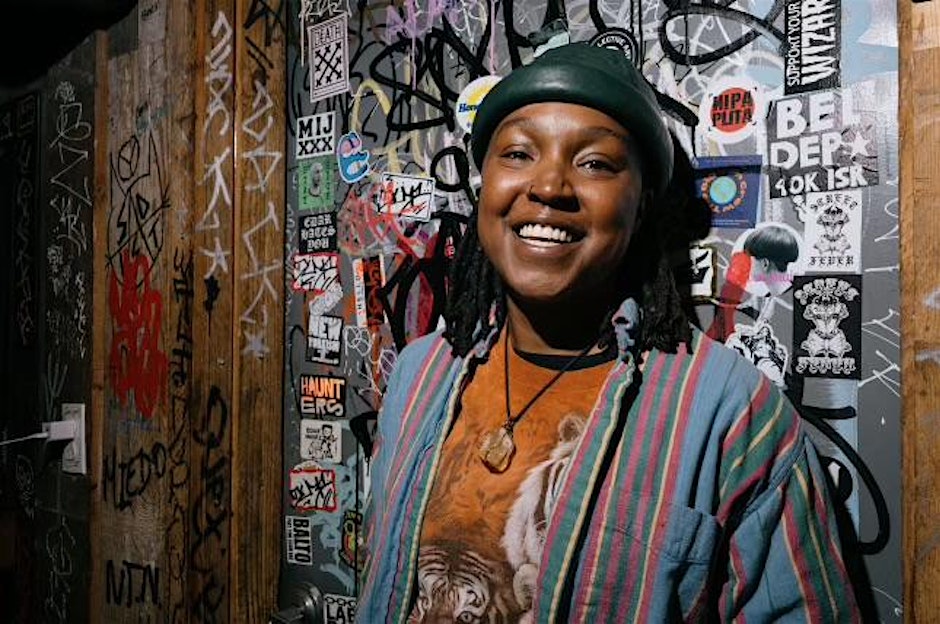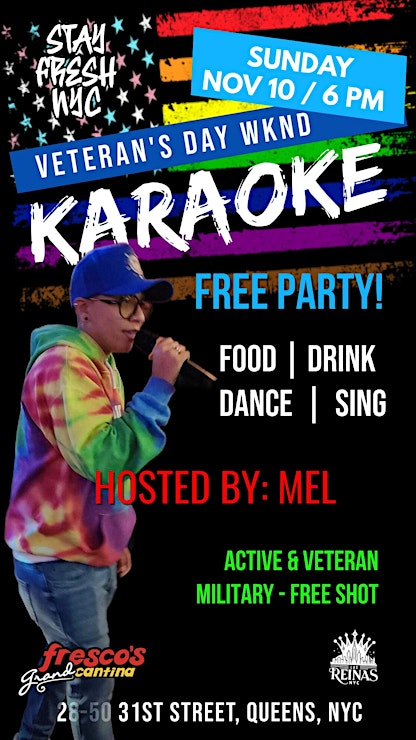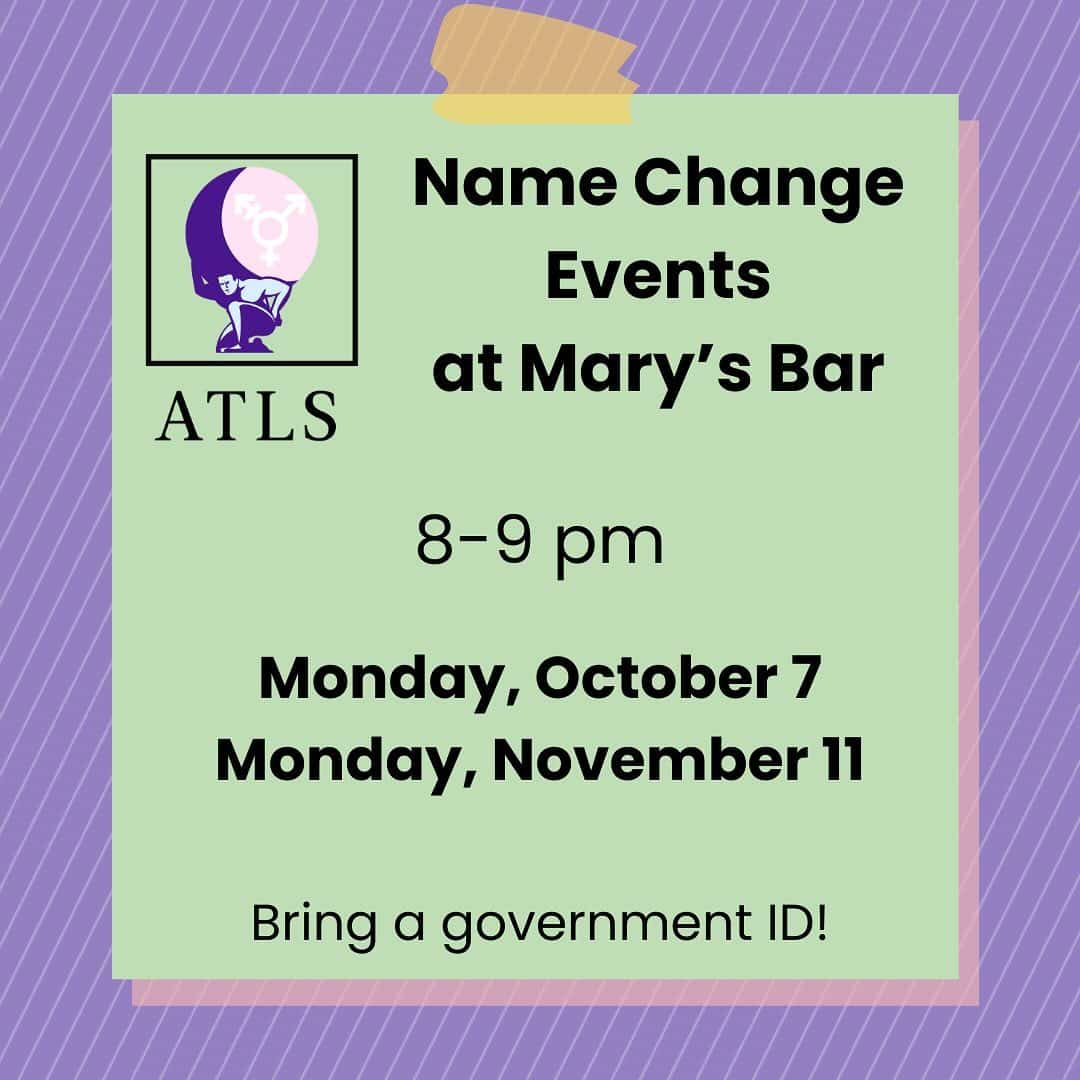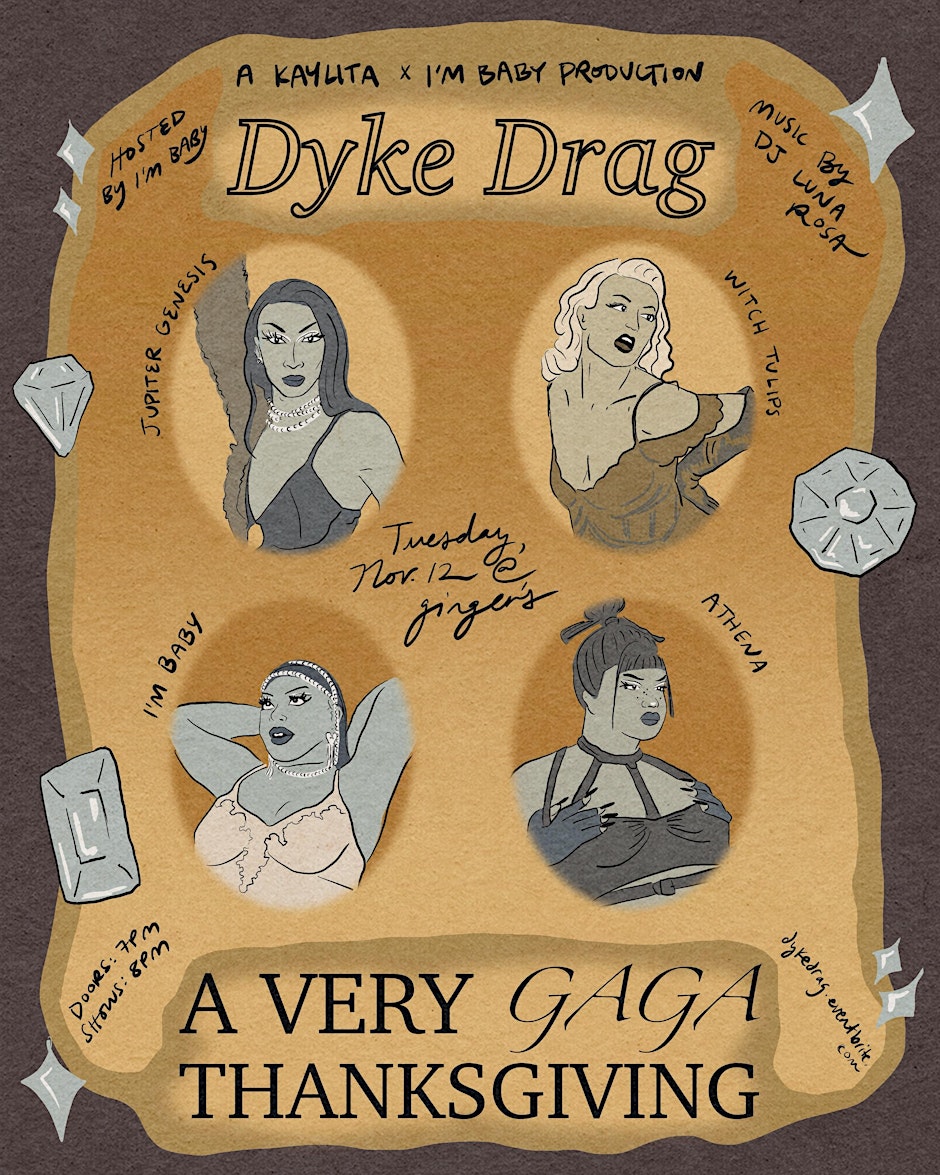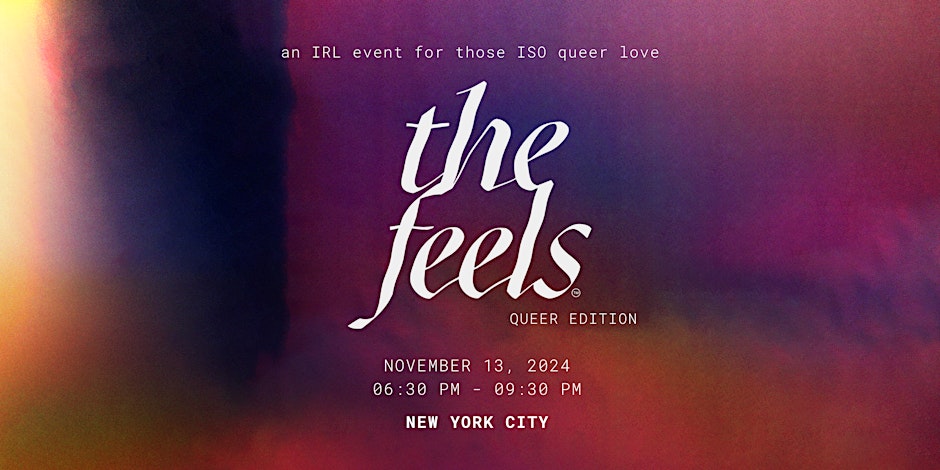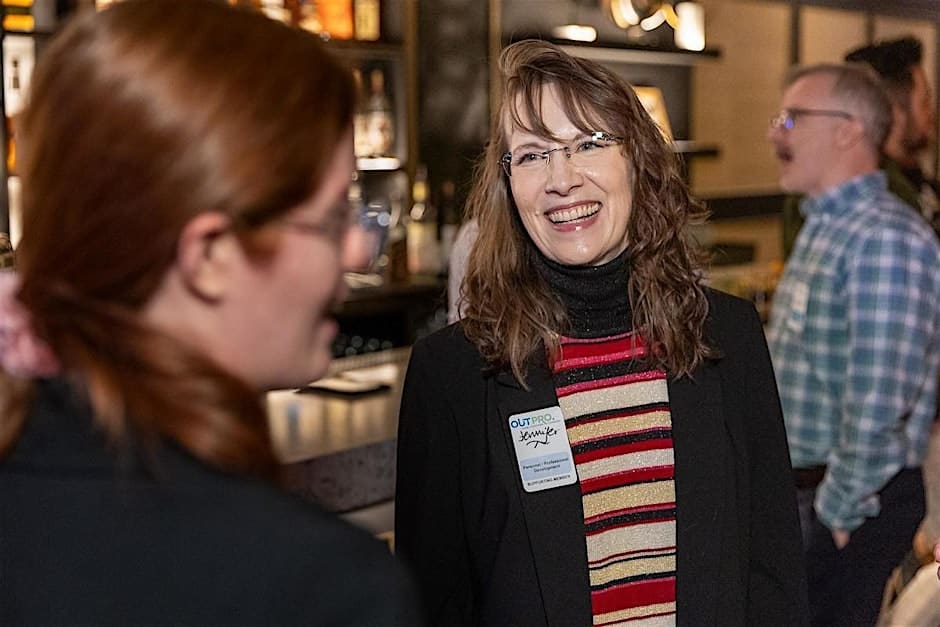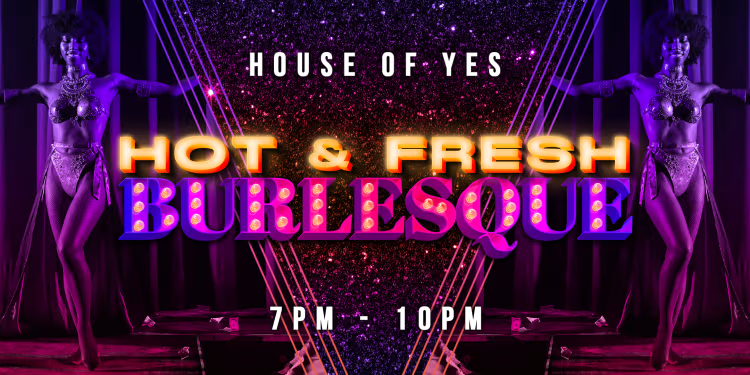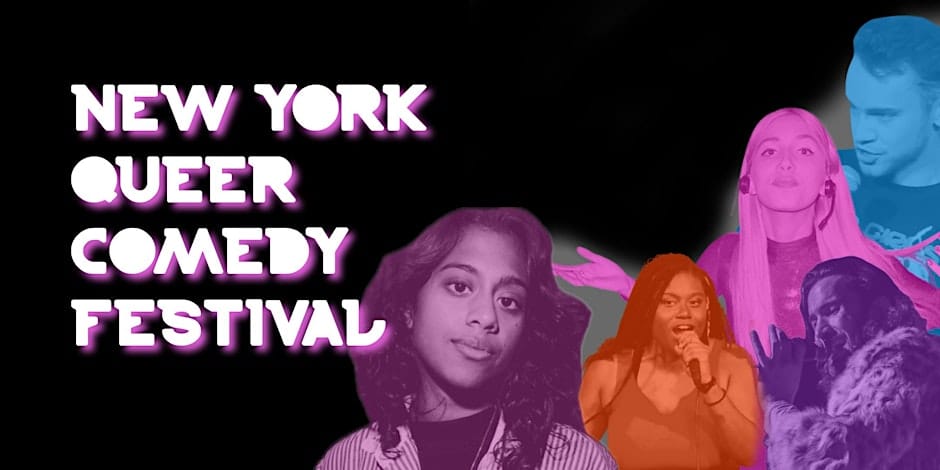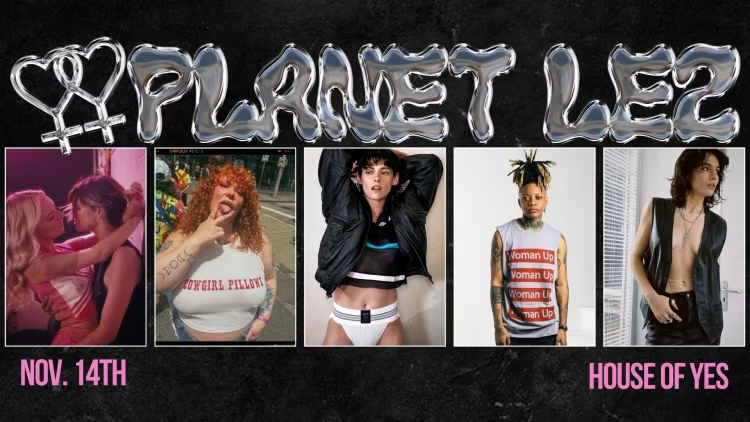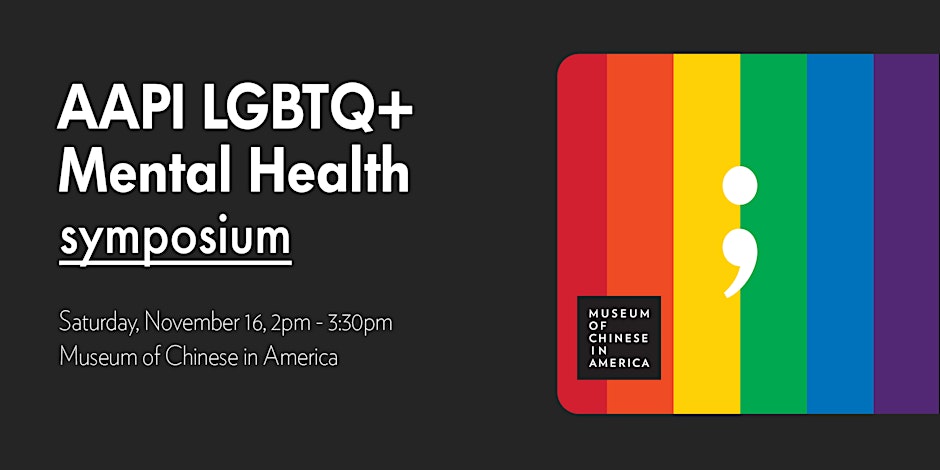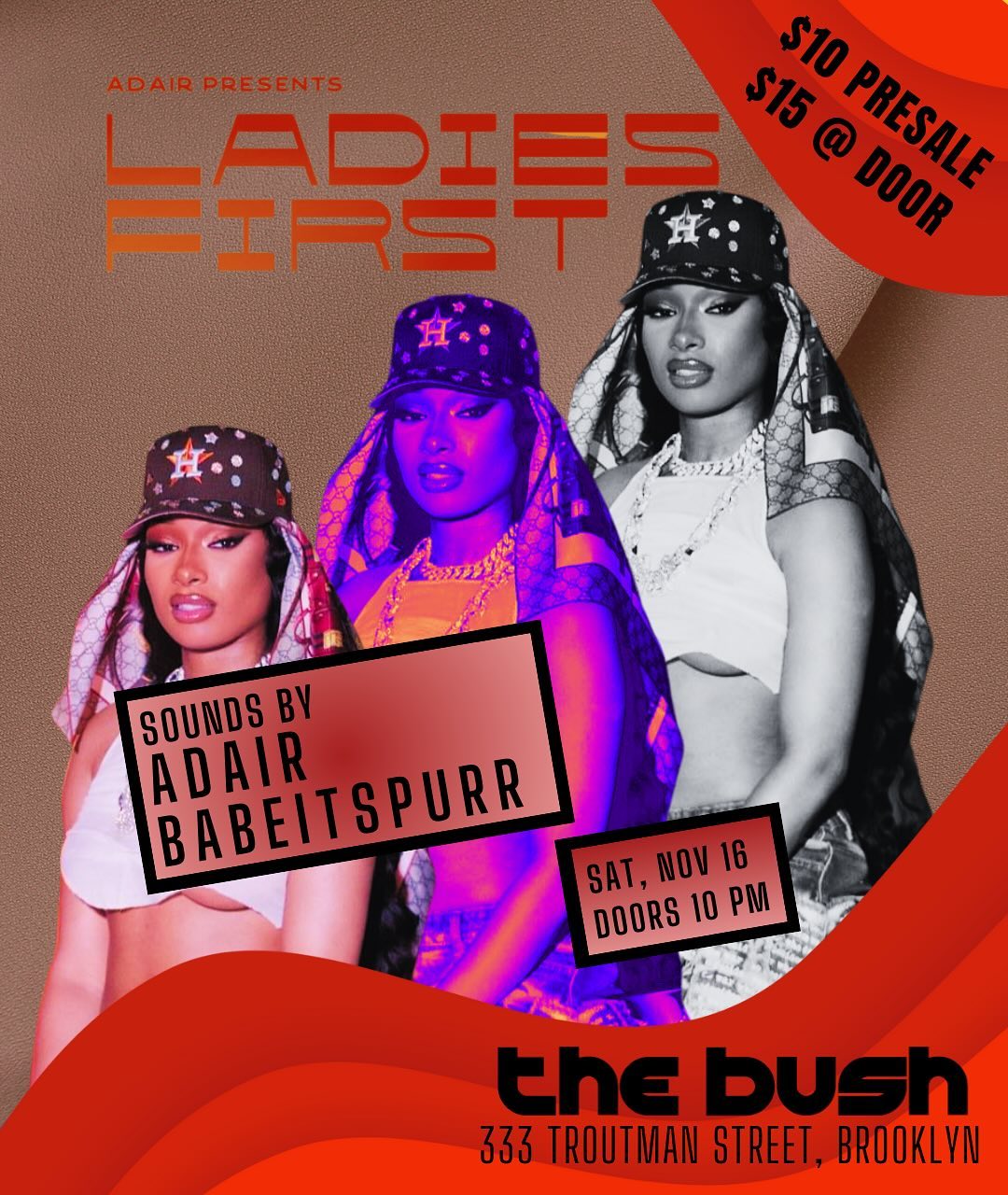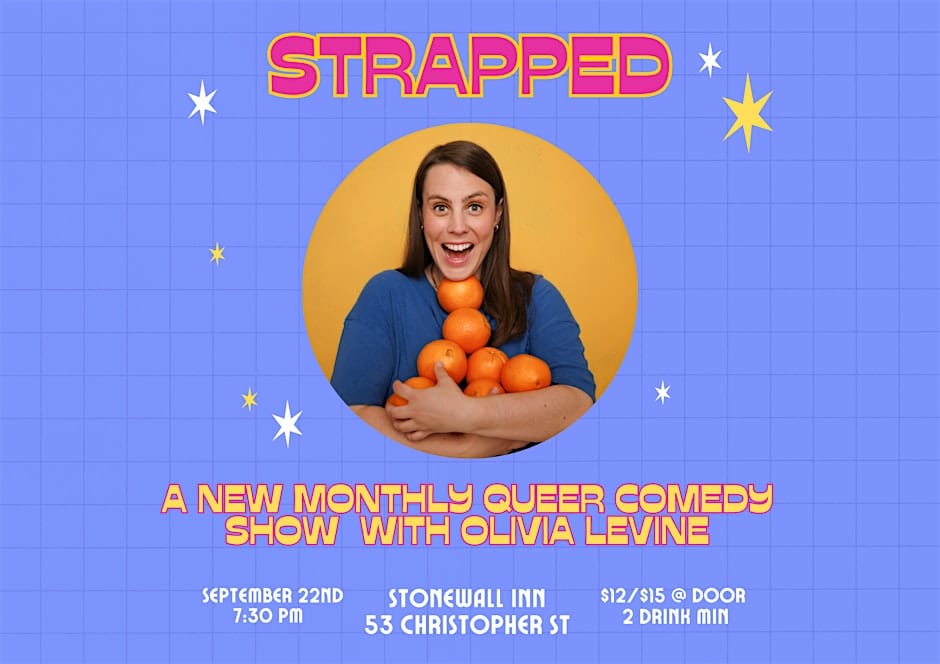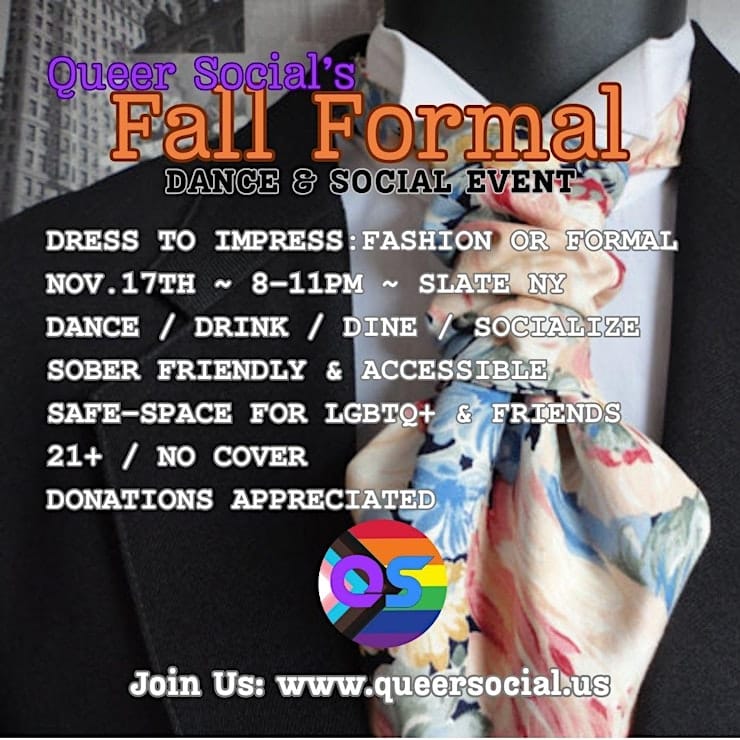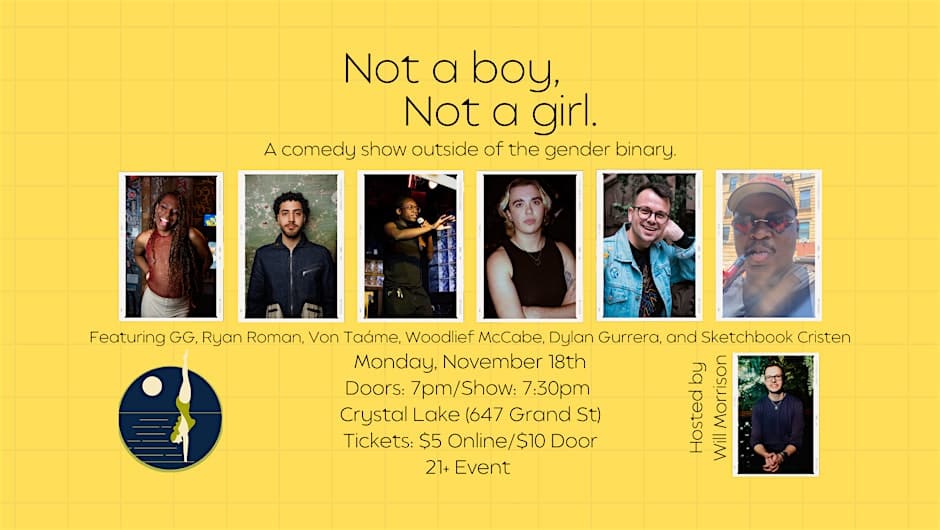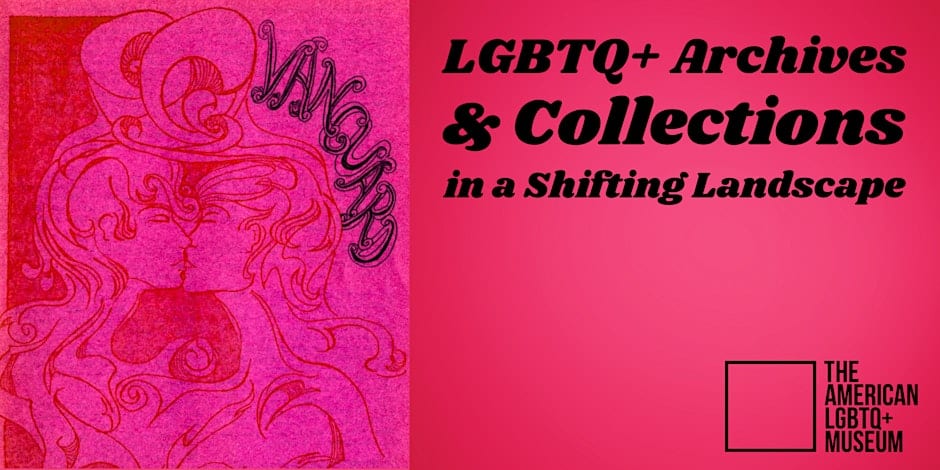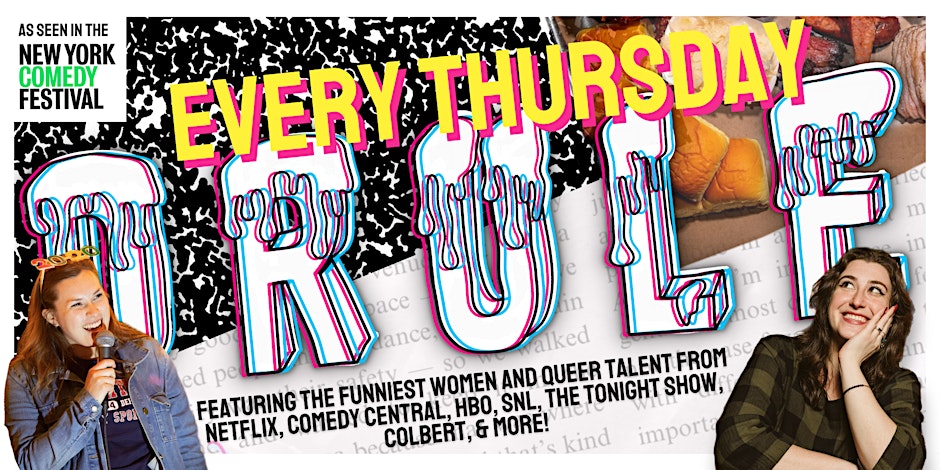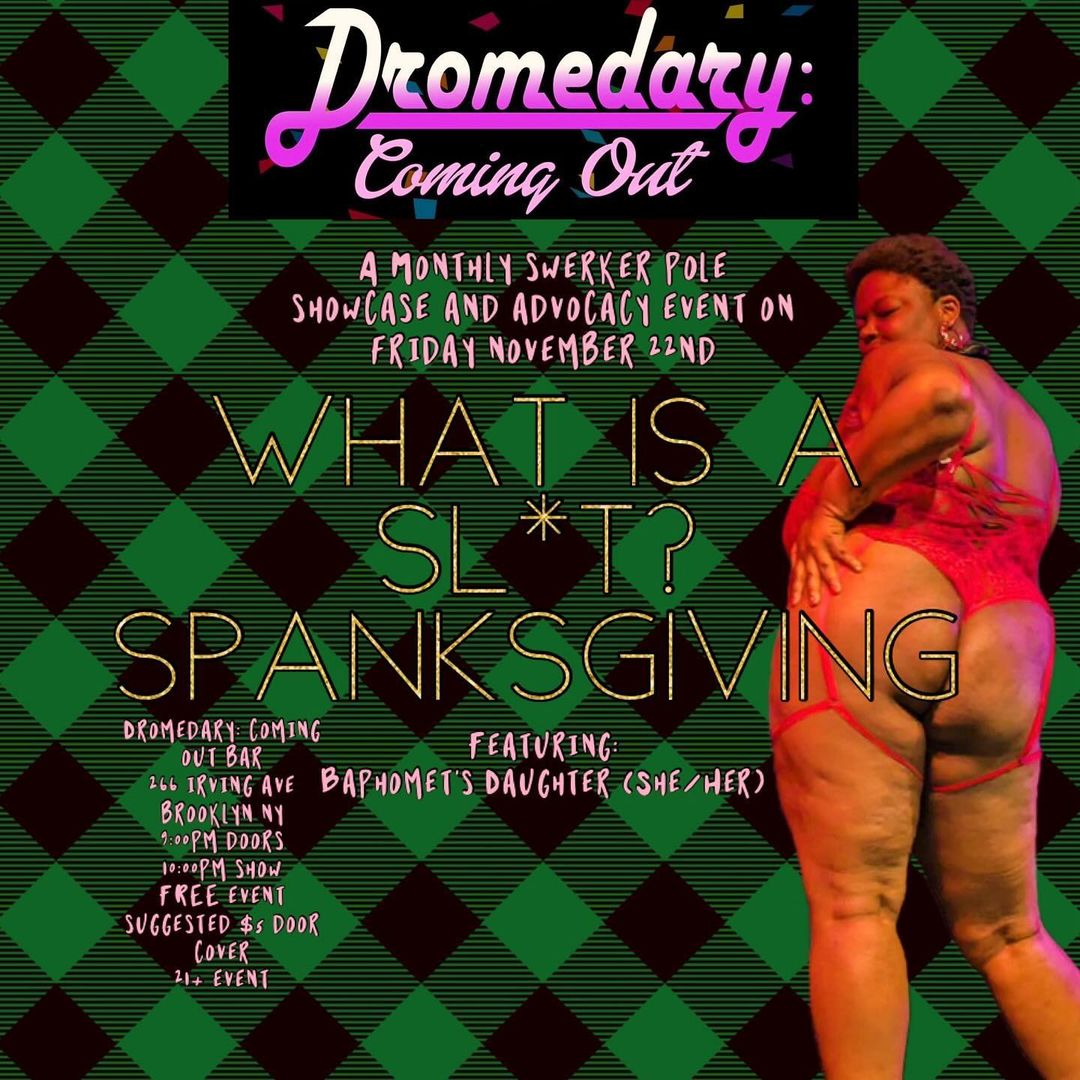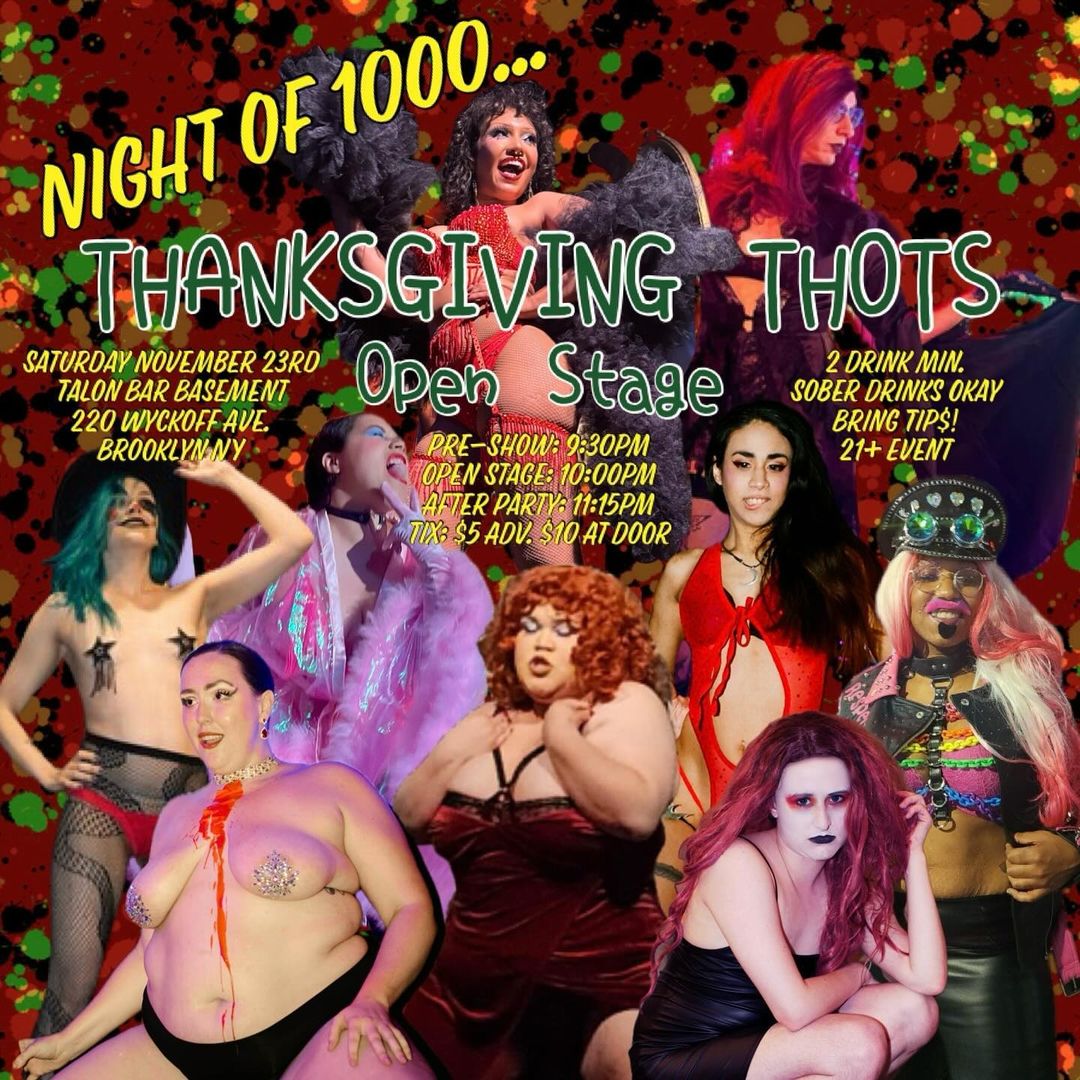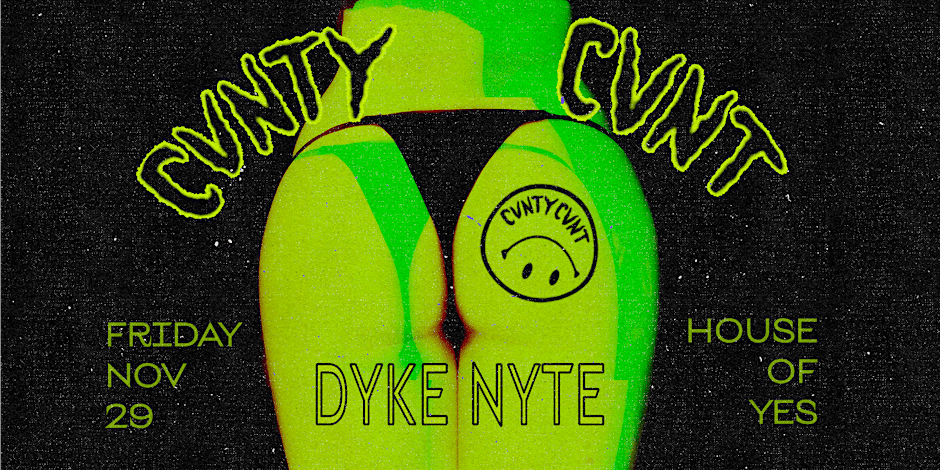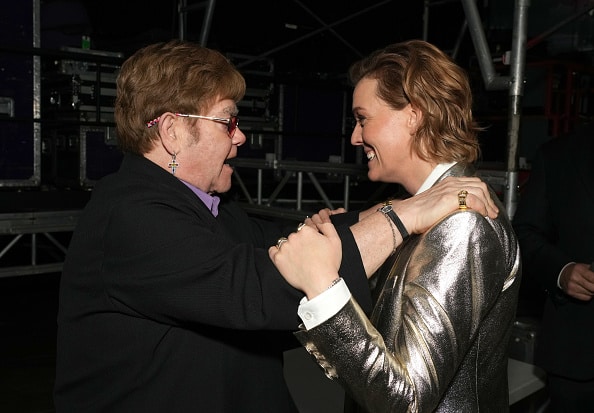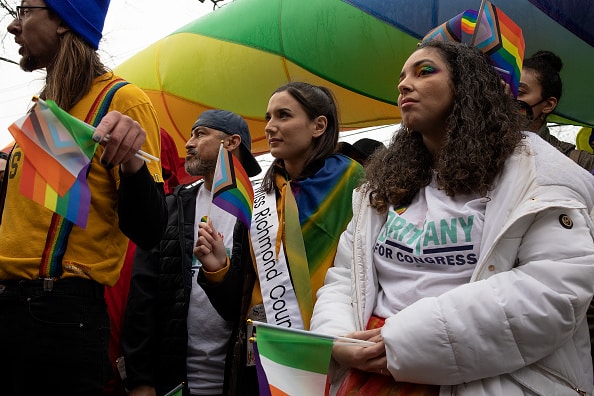Comedian, writer, and actor Judy Gold has made audiences laugh since appearing on “All-American Girl” in the 1990s. She won further acclaim, and two Daytime Emmys, for her work as a writer on “The Rosie O’Donnell Show.” She’s performed two solo shows — “25 Questions for a Jewish Mother” and “The Judy Gold Show: My Life as a Sitcom” — has guest-starred on sitcoms like “30 Rock” and “Murphy Brown,” and is a regular on the stand-up circuit.
In her recent book, “Yes, I Can Say That: When They Come for the Comedians, We Are All in Trouble” (HarperCollins, 2020), Gold takes a timely, relevant look at comedy censorship throughout the 20th and 21st centuries — and warns us of the danger of taking ourselves too seriously.
Gold sat with GO for an exclusive interview about her new book, the dangers of “canceling” comics, and the enduring power of laughter to unify us in the most daring way possible: with the truth.
GO Magazine: Your new book is called “Yes, I Can Say That: When They Come for the Comedians, We’re All in Trouble.” What motivated you to write this book now?
Judy Gold: I was featured on a piece on Vice News about how college bookers were telling comedians what they can and cannot say on stage. They had interviewed three of them, and they were talking about how they’re protecting the students. And they [Vice News] asked me to be on the piece, to have the opposite viewpoint, and I gladly did it. [After,] the editor from HarperCollins wrote to me and said, “Would you write a book about this?”
That’s how I ended up doing it. And I was like, “Yes!” Of course, I’m going to say “yes,” but it was daunting. I didn’t know how it was going to unfold. But, you know, I’ve been a comedian my entire adult life. To get to the point where no one has a sense of humor, and this idea that you can never be uncomfortable or feel uncomfortable, or I mean, what is going on?
GO: One of the things you mentioned in the book is that there’s something about the “me” culture that we just expect everything to be about us all of the time.
JG: There’s this thing I say in the book that if you’re going to go to a comedy club and then get upset that you got offended, that’s like getting on a roller coaster and getting upset that you got scared or you got sick. The coddling of the American mind was also a big reason why the editor had asked me to write the book. This is what happens when you give everyone a trophy: you get a trophy for winning the race and for breaking the record, and you get a trophy for smiling while he did it.
GO: You explore comedy throughout the ages and how comedians have always been under fire for being offensive. How do the past few — maybe five or 10 years — compare to earlier eras?
JG: In the history of our country, satire and humor has been a major part of our culture. Every elected official is fodder for [jokes], especially the President. Let’s just do the President. It is fodder for American satire and American humor. That’s it. It’s part of their job. Look, I started in the early 80s. People were doing Reagan jokes and Carter jokes, and it didn’t matter what side of the aisle you were on if it was funny. I’m a Democrat; Clinton was a goldmine for comedians. And yet, we get this president who has no sense of humor — because [to have a sense of humor] you have to be smart, you have to be self-aware. You have to be self-effacing, you have to be emotionally intelligent to enjoy comedy. So we have this President who has no sense of humor, and his followers — you can’t even do a joke about his hair. They’re like, “That’s it, you’re done; I’m not listening. I want my money back.” He has really changed the game for us.
When you’re watching a stand-up show, there is a period of time where a host will bring up another comic. And as you hand off the mic, we whisper to each other, “Oh, you’re an asshole,” or “Hey, how are you?” Starting about four years ago or five years ago, it was like, “Watch out for the Trump supporter in the back.” They call us snowflakes, but [Trump’s like] “I can’t have a comedian at the White House Correspondents,” or in fact, “I can’t even go to the White House Correspondents Dinner, and I don’t want my staff to go to the White House Correspondents Dinner.” It’s hypocrisy. The fact that these elected officials — their speech kills people and takes rights away from people and puts kids in cages. Their speech is so hateful. And yet a comedian, whose only goal is to make you laugh, is getting canceled and vilified and crucified for a bad joke? What the f*ck is going on here?
GO: At one point in the book, you say that today people find nobody more dangerous than a comedian telling jokes. Why are comedians so dangerous?
JG: Because we tell the truth, and we speak truth to power — and we’re fearless. Comedy — as much as people say laughter is the best medicine and it is a coping mechanism — is also a weapon. When you are stung by a good joke, that can be an even harder thing to handle than a punch in the face. Because it is a war of words. It’s a war of the truth. It really is a weapon and we do tell the truth. A good joke, and a great comedian, will change your mind about something.
When I came out, I came out as a gay parent in the mid-90s after my son Henry was born. [I] got on stage and talked about my family like every other comic talked about their family, their wife, their husband, their kids. What it did was it made people realize, “Oh, that she has the same issues as I do.” I did a bit in the early aughts — I did this bit about all the people that are allowed to get married and I couldn’t simply because I was a lesbian. Eric and Lyle Menendez killed their parents — murdered them — are in jail for life, and they get marital benefits. They’ve got more rights than I do in that area. Mary Kay LeTourneau can marry her 12-year-old student, and yet I have been with my partner for 10 15, 20 years and I have two kids. I shouldn’t be able to get married? It’s so f*cking ridiculous. I remember a guy in Houston came up to me after a show and said, “I never thought of it that way. And I see why you guys can get married.” I mean, that’s the power of comedy. It is powerful.
When George Floyd was murdered, one of the top 10 downloads on Spotify the following week was a Richard Pryor bit from 1974 about the police. You know, as much as comedy is healing, it also opens your mind. It creates discourse. And, you know, without discourse, there’s no growth — there’s no evolution.
GO: You defend the right of any comic — however mediocre, underprepared, or bad — to go on stage. Why is that so important to allow comics, and really anyone, that opportunity to speak?
JG: Because once you start shutting them down and saying, “You can’t say this, you’re not allowed to do this,” they can do the same back to you. It’s like you go on a college campus and you say, “These right-wing conservatives should not be able to speak here. We’re going to protest because they’re hateful.” And then a liberal comes on, the complete opposite, and those people will then protest and say, “Wait, you wouldn’t allow us. They can’t come on.” And then what happens? It goes to some white guy who’s the head dean to decide. And that’s who decides.
GO: Have you ever found yourself with comedians whose acts you can’t watch anymore knowing what you know about them?
JG: Oh, yeah. First of all, watching comedy is not my favorite thing — except for people I find to be hilariously funny — but through the years you’ll get to know someone or learn something about them or get a feeling or just know something. And you can’t watch their act. Yeah, absolutely. It’s like you get repulsed knowing the truth. I don’t think that they should not be able to do their act; I just don’t want to watch it. And that’s what people who find comments offensive or don’t like something they said [should do]: Change the fucking channel. You know, just like you don’t like a song. Do you say that person should never write another song? You don’t like a painting, should that person never be able to paint again? You don’t like a book, should that — no!
GO: In the book, you explore the idea that comedy has the power to unify us, to challenge our assumptions, values, and prejudices by giving us some sort of common ground to stand on. Is it still possible for comedy to do that when people are so easily offended or upset?
JG: If we stop feeding into this bullshit. Yes, there are better words for certain things. Yes, something I said 15 years ago may not be funny now because the world has changed. But saying, “I’m going to stop talking about this because this person is offended,” or “This triggers someone”? No. Be responsible for yourself. And you know what? If you’re gonna talk about subversive topics — and you know, I write about stereotypes and all that kind of stuff — make it funny. It’s got to be funny. It’s got to be a great joke.
The other thing I wanted to bring up about unifying is [that] when you’re sitting in a comedy club, it’s an intimate experience, and when your audience is unified and laughing together at a comic and just enjoying themselves, you are bringing people together. You could fucking hate everything about the people sitting at the next table. We don’t know that because you’re all sitting together laughing — you know? And it’s so disarming. It’s so powerful. It breaks tension; it alleviates tension. A joke is a build-up of tension and then a release.
GO: You say in your book that there’s nothing that is off-limits, as long as it’s funny. Is there a point where comedy can reinforce rather than challenge the status quo or where it can be in some ways dangerous but for the wrong reasons?
JG: No, not like politicians. I think a comedian who is skilled enough to realize “Oh, they’re laughing for the wrong reason” knows how to make an adjustment. I talk about Andrew Dice Clay in the book. He is someone who has called the audience out for laughing for the wrong reason. He is a fucking character that we all have encountered — it’s called an act. But I do think that [it can be] harmful, like I talk [about] in the Joan Rivers chapter. She never apologized for a joke. But she did, when Willie Nelson’s kid wrote to her and said “‘Listen, I’m getting teased at school [because of a Willie Nelson joke],” she kept that joke out of her act. I think good comedians are responsible in a way, because you’re communicating something and you want to do it in the best way possible. You want to tell your bit or make your point in the best way and the funniest way possible.
GO: What was it like researching this book?
JG: Oh my god; it was so fun. You know, going back in time and thinking about what I remembered, and then actually seeing it again as an adult — it was fascinating. I learned so much about a lot of my heroes: George Carlin, and Richard Pryor, and Joan, and Lenny Bruce, Jean Carol — you know, all these people. Listening to all this fantastic comedy and seeing it evolve. Joan Rivers, in her five decades as a stand-up, you really saw where women stood in society — in America — by what she was talking about. Being a female comedian, watching these women who paved the way for us, who had to literally get on the stage and be like, “Listen.” Their first minute of their act was always like, “Listen, yeah, I know I should be home,” “Yes, I’m fat. Yes, yes, I know,” — like getting all that shit out of the way so they can do their act and not be objectified. Yeah, it is harder for a woman because being a comedian is — you’re empowered. You’re in control. You’re controlling the response of this audience. In our society, we equate power with masculinity.
GO: It’s wonderful to see how women can turn misogyny into their own kind of comedy gold, but it’s also so disheartening that they have to do it in the first place.
JG: Right, right. I often think of Obama at his White House Correspondents Dinner, or at a lot of his speeches, how he would acknowledge what the hell was going on and make a joke about it and that let him own it. When I would get on stage, years ago, I had short hair, I was really tall. (I still am tall.) But you know, people would always think that I was — this is the term we used then, everyone — a transvestite. And so, I used to do a bit about that because I had to get it out of the way. I used to have guy comics always say, “Our next act is female.” And I was like, oh, my God. I would get on stage and be like, “That was our MC. He’s a man, he has balls and a cock!” Just give it right back to them, which I think the women loved me for.
GO: There is this irony that comedians have the power to illuminate truth but are, as a result, also so, in some ways, vulnerable or even powerless. How do you navigate those treacherous waters?
JG: You know, I think there’s different kinds of people, and I think there’s different kinds of comedians. When I was growing up, to be lady-like was to not have an opinion, was to be quiet. And some people are comfortable with that, you know? But where would we be without Gloria Steinem? Without Rosa Parks or Ida B Wells, the people who went against the status quo? You know, it’s what you’re comfortable with. And some people are like, “You know what, I don’t want to make waves. I just want to make my money.”
When we talk about free speech and this responsibility and that kind of thing, there’s a reason there’s a comedian or two on “The View.” There’s a reason there’s comedians on “The Talk.” There’s a reason that comedians are always put in the fray of shows that are trying to deal with politics [and] events that are going on in the world. Yeah, you have experts, you’ll have doctors, and you’ll have politicians and whatever — experts in certain fields. But if you notice, they always add a comedian not only for lemonade but also to call people out on their bullshit. We’re just such a part of the fabric of this country. Stop taking everything so seriously. The joke isn’t about you and — this is the most important thing — when you take intent, nuance, and context out of a comedian’s material, then you have nothing. There’s no humor left.
GO: This is probably the worst question I can ask a comedian but it’s one that I actually consider often: What makes something funny?
JG: What makes something funny? Well, that’s a great question. What makes something funny? The truth. What makes it funny is that it’s the truth.
This interview has been edited and condensed for clarity.


